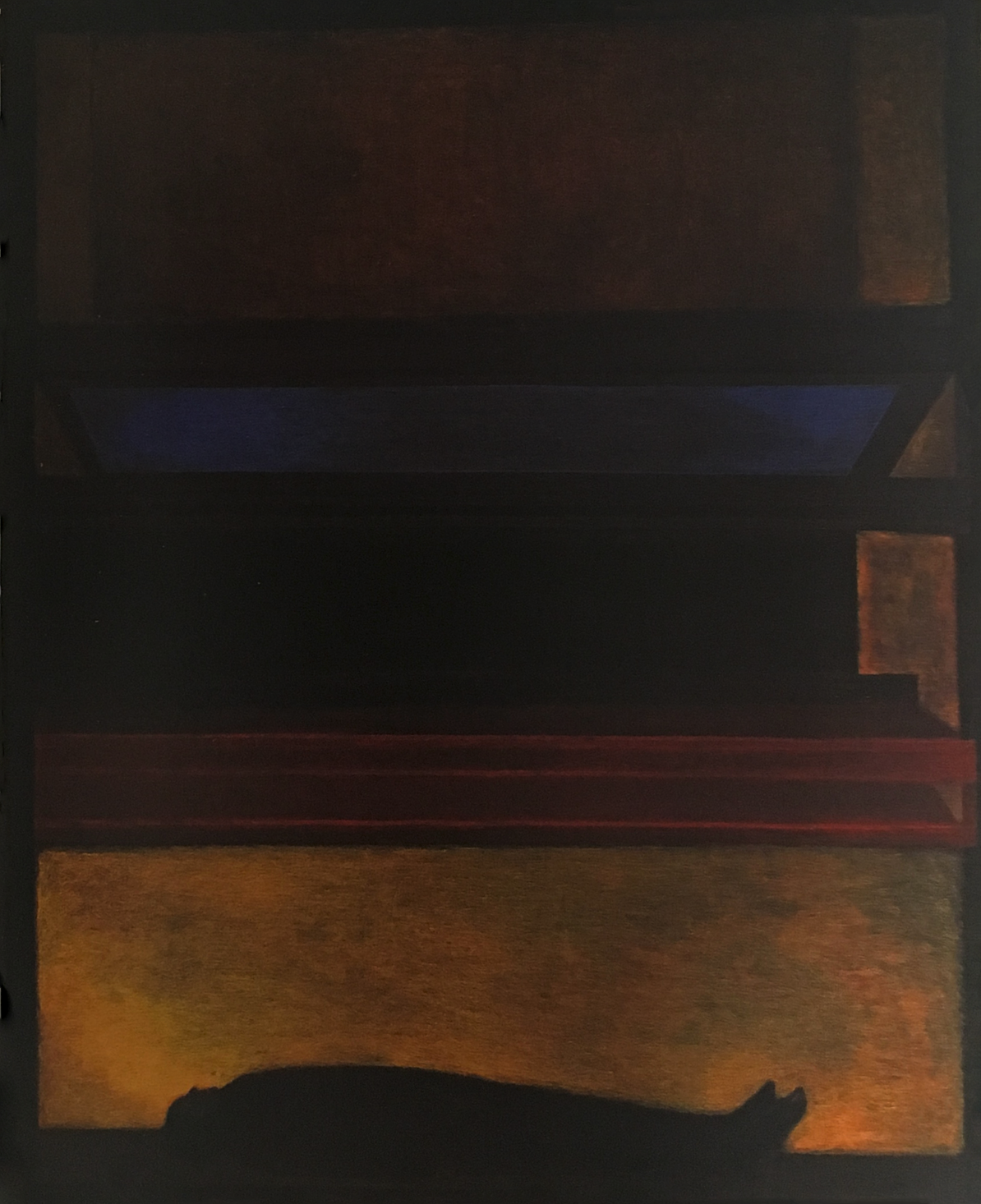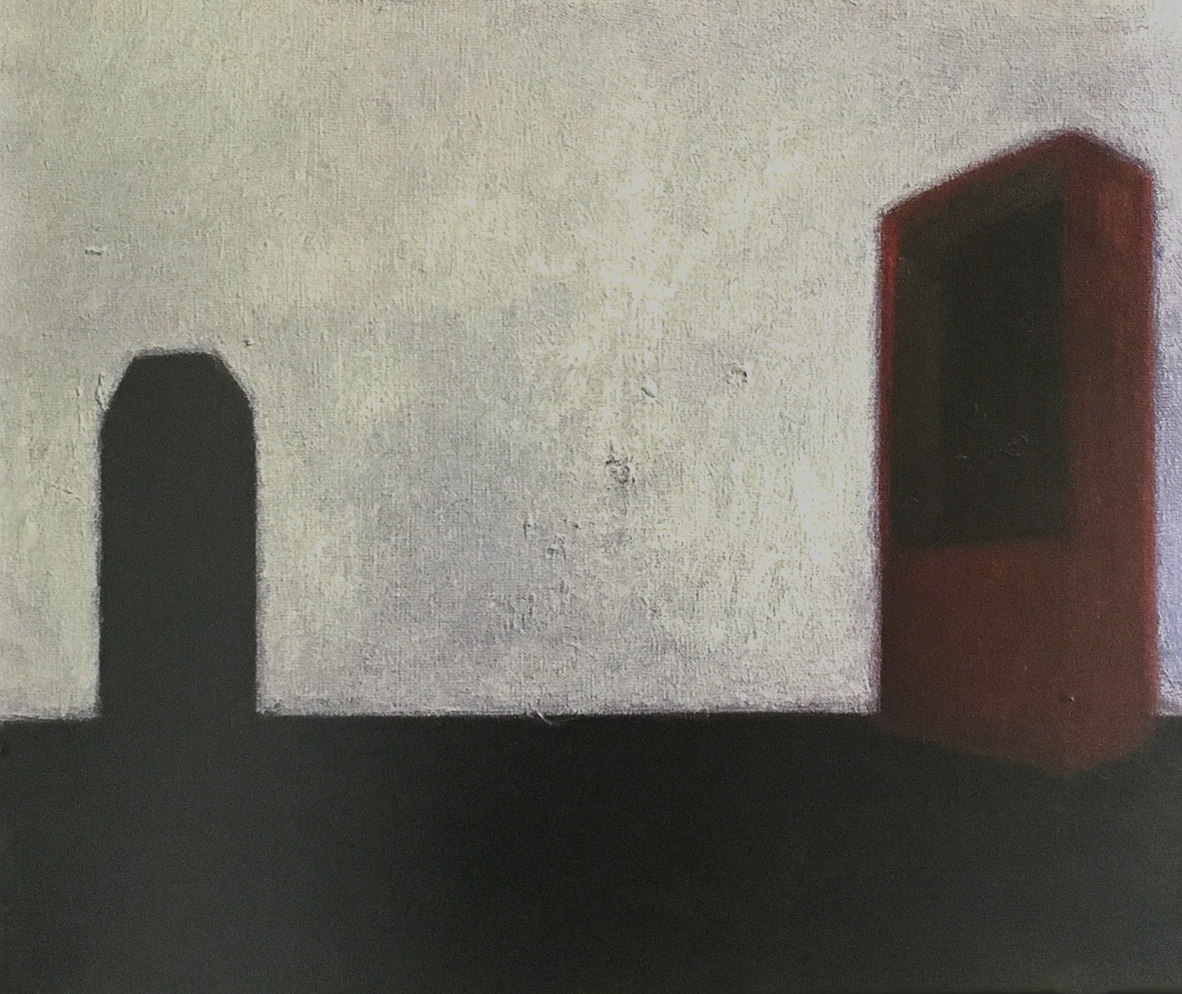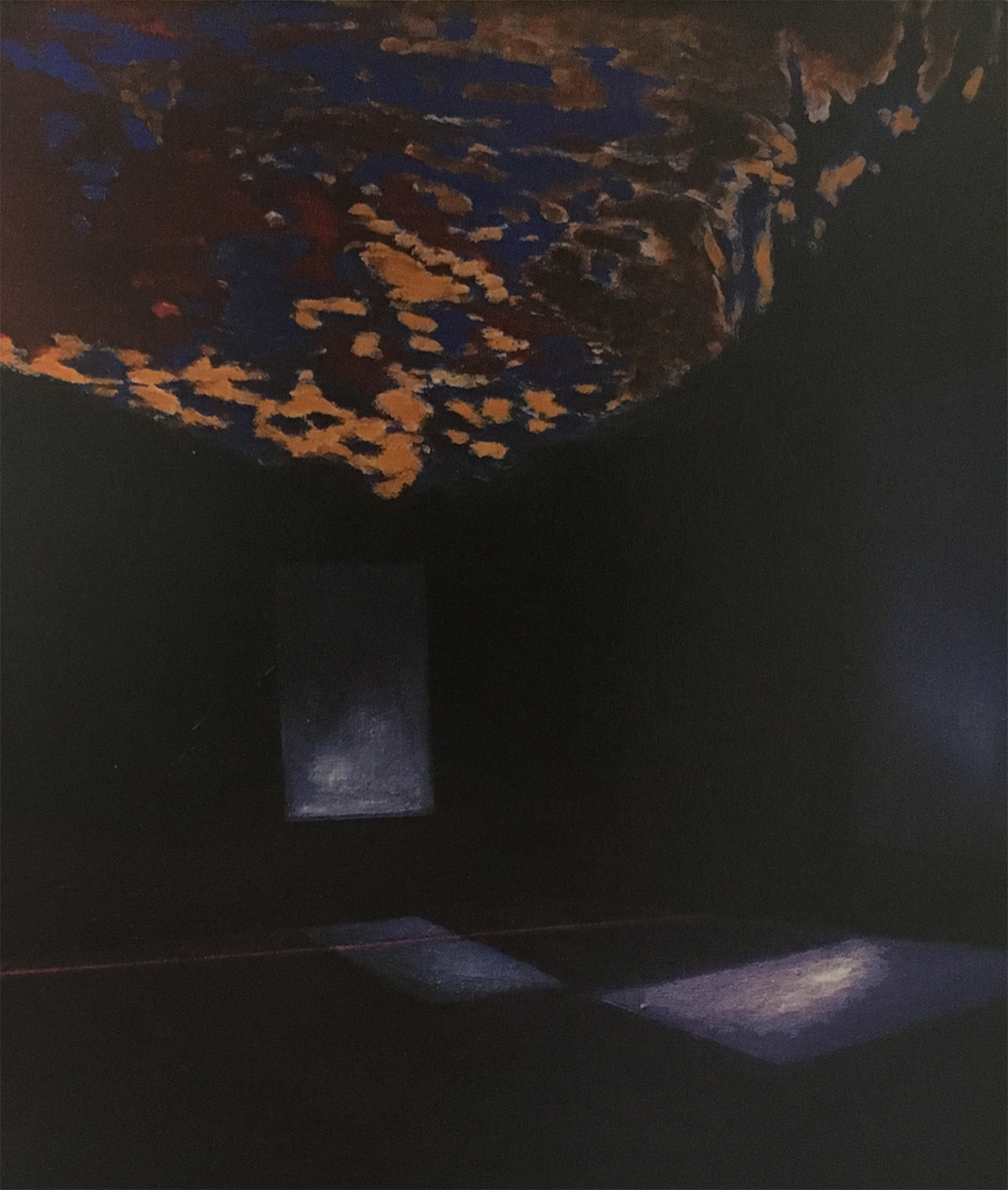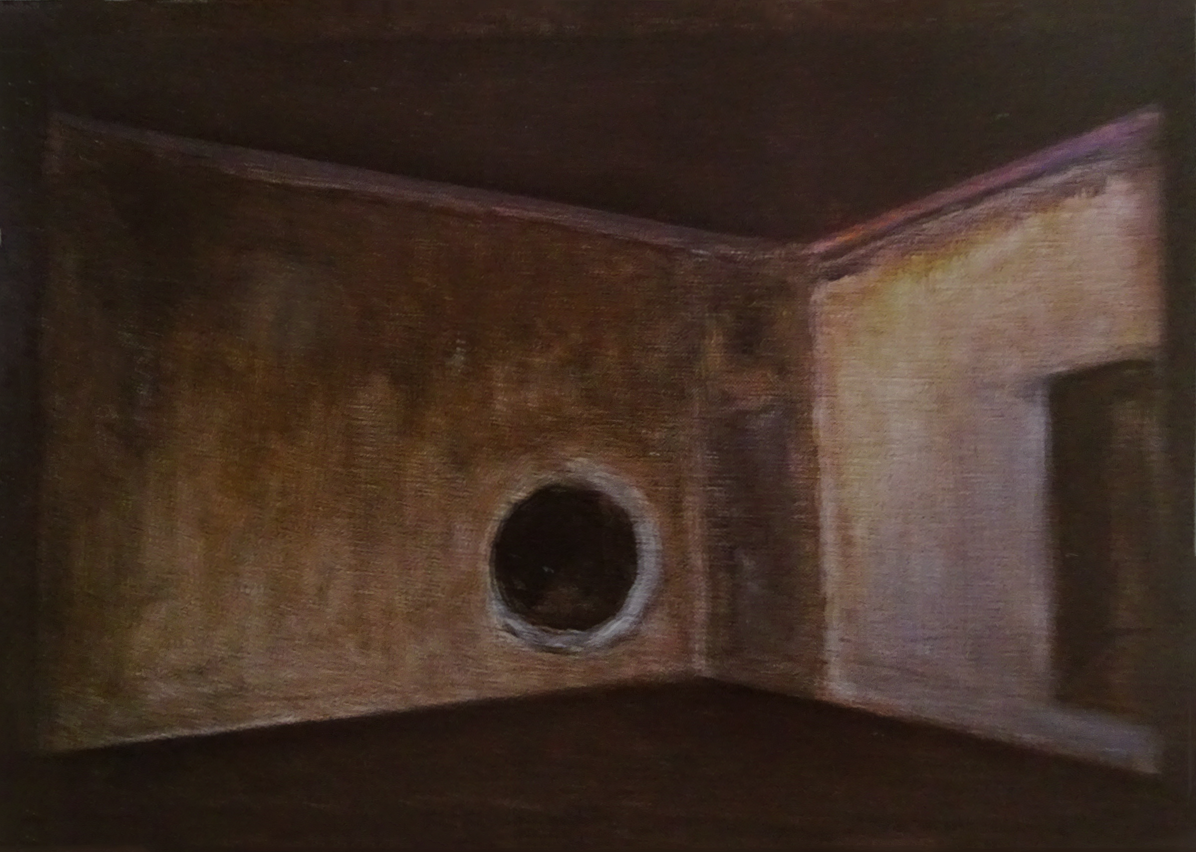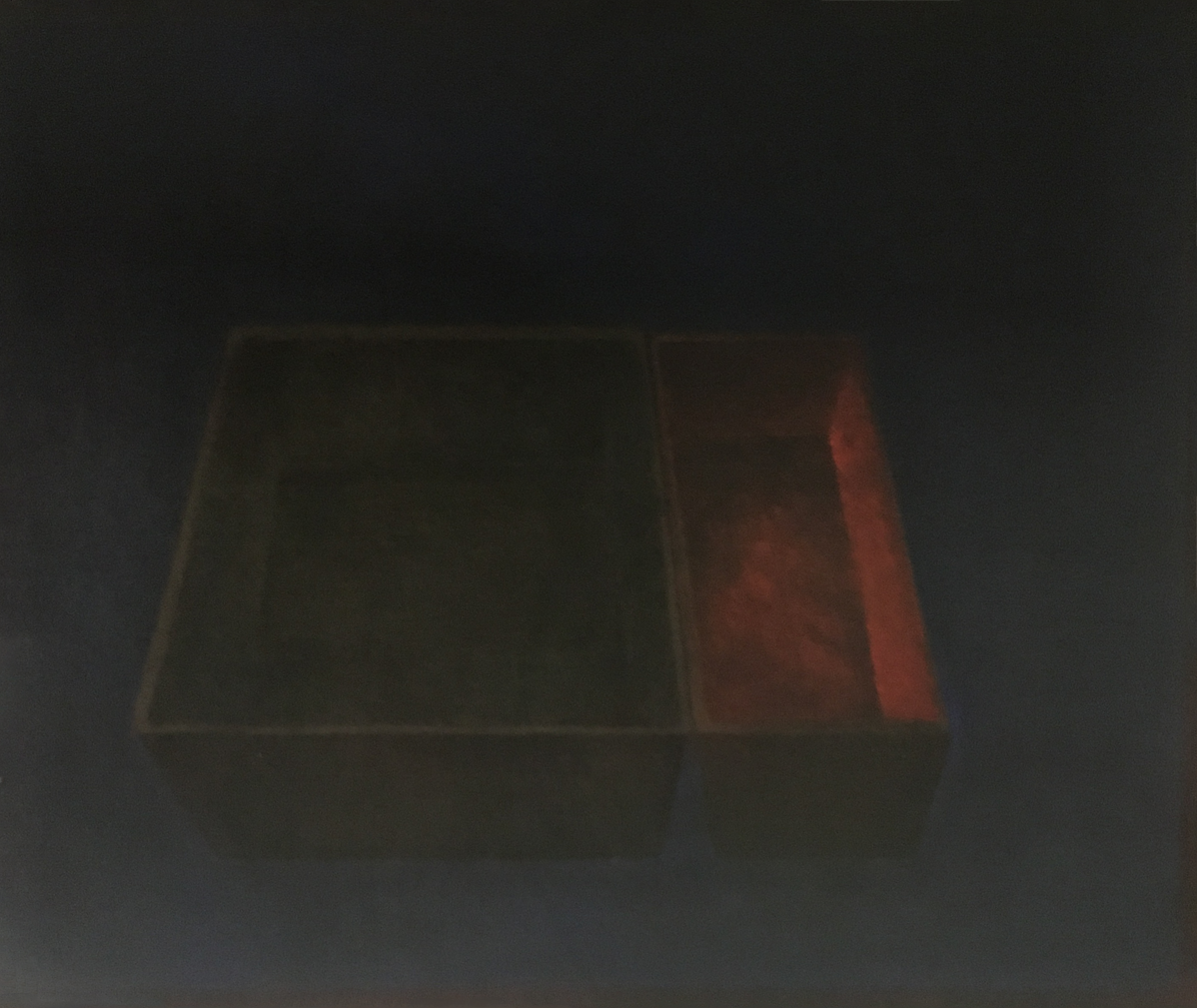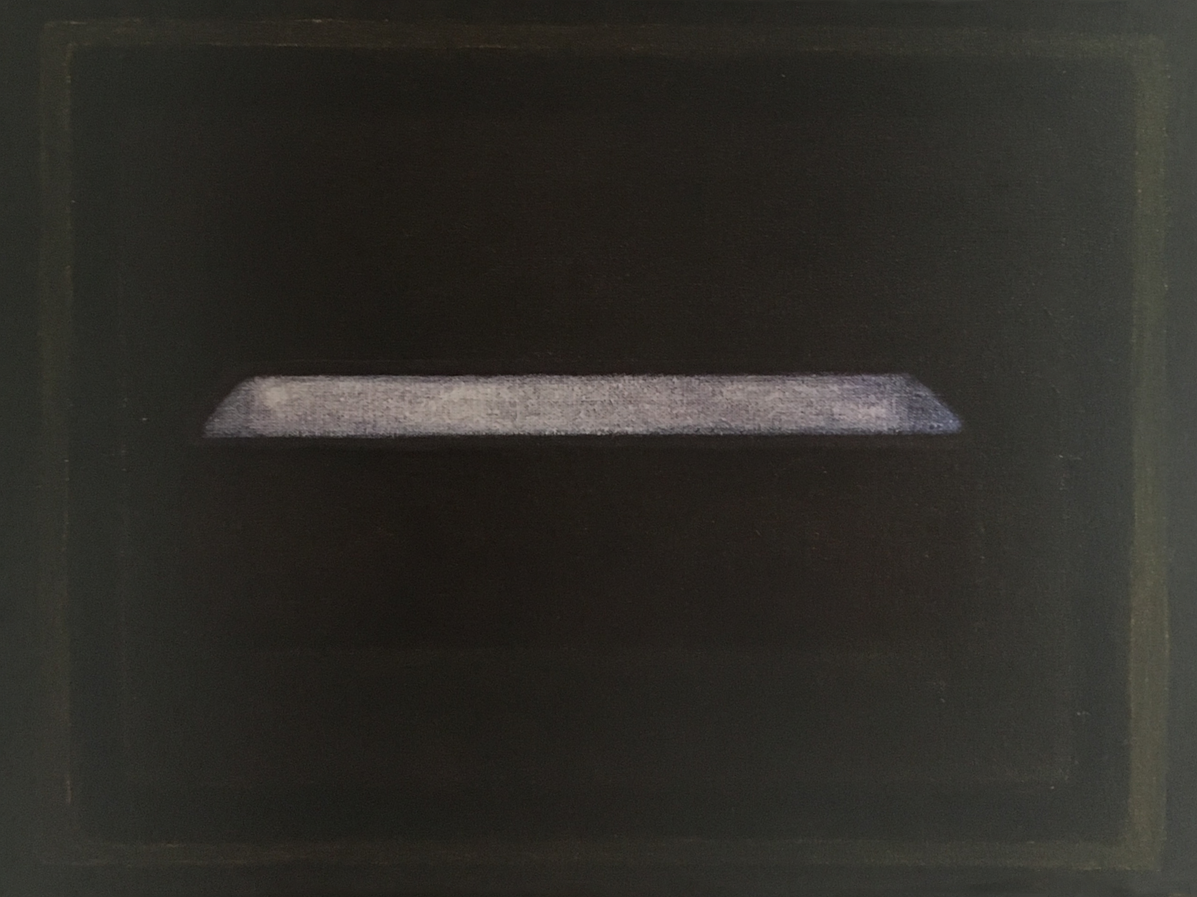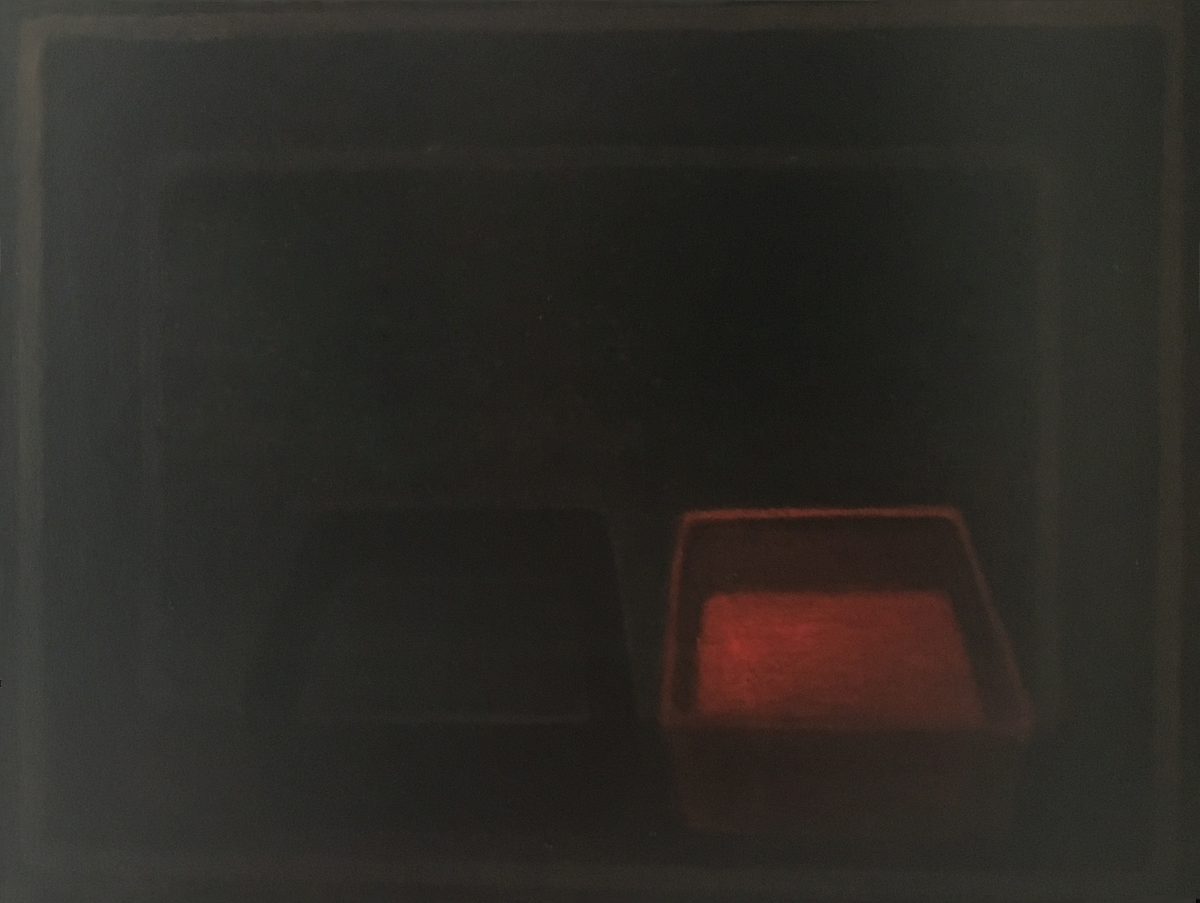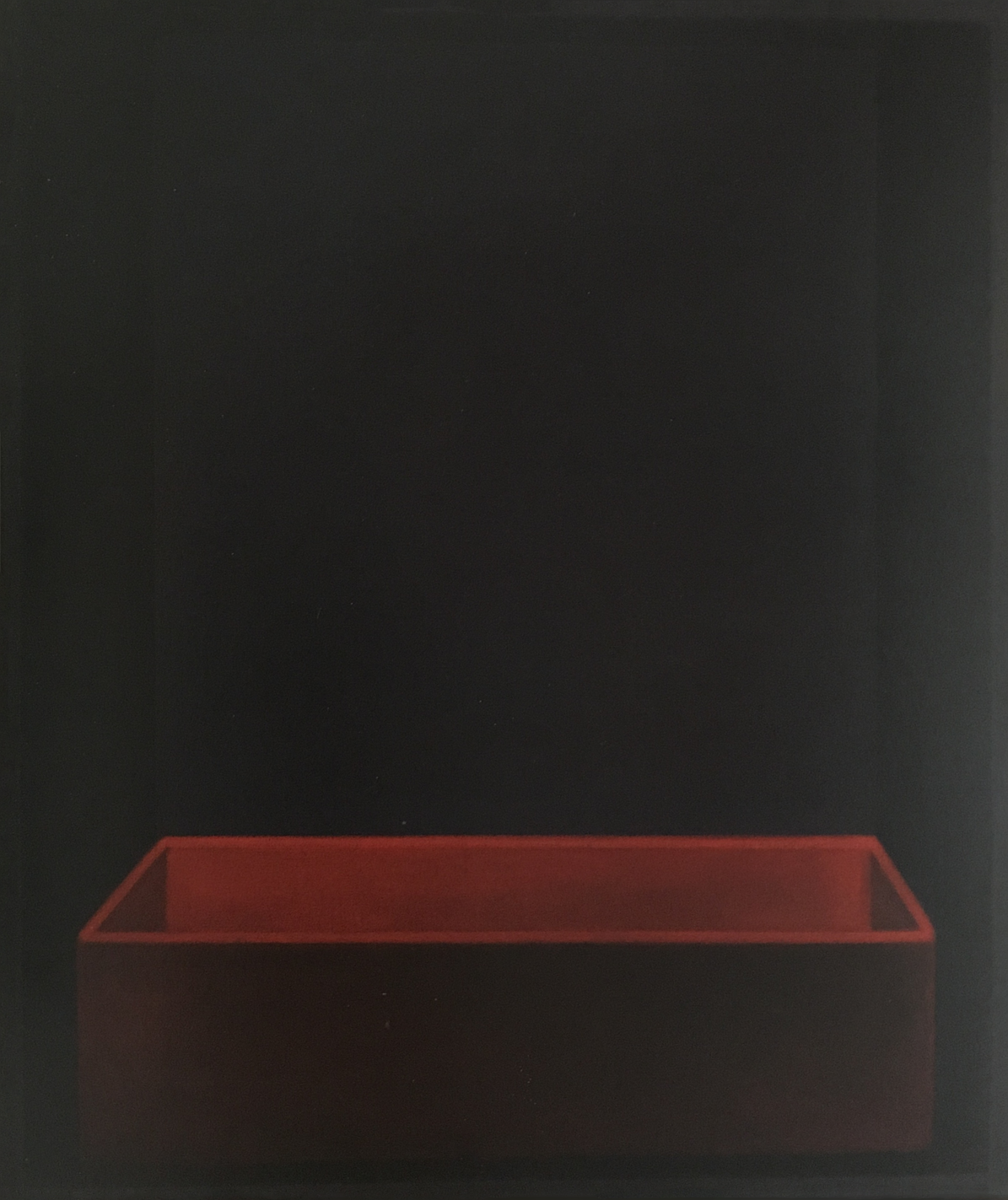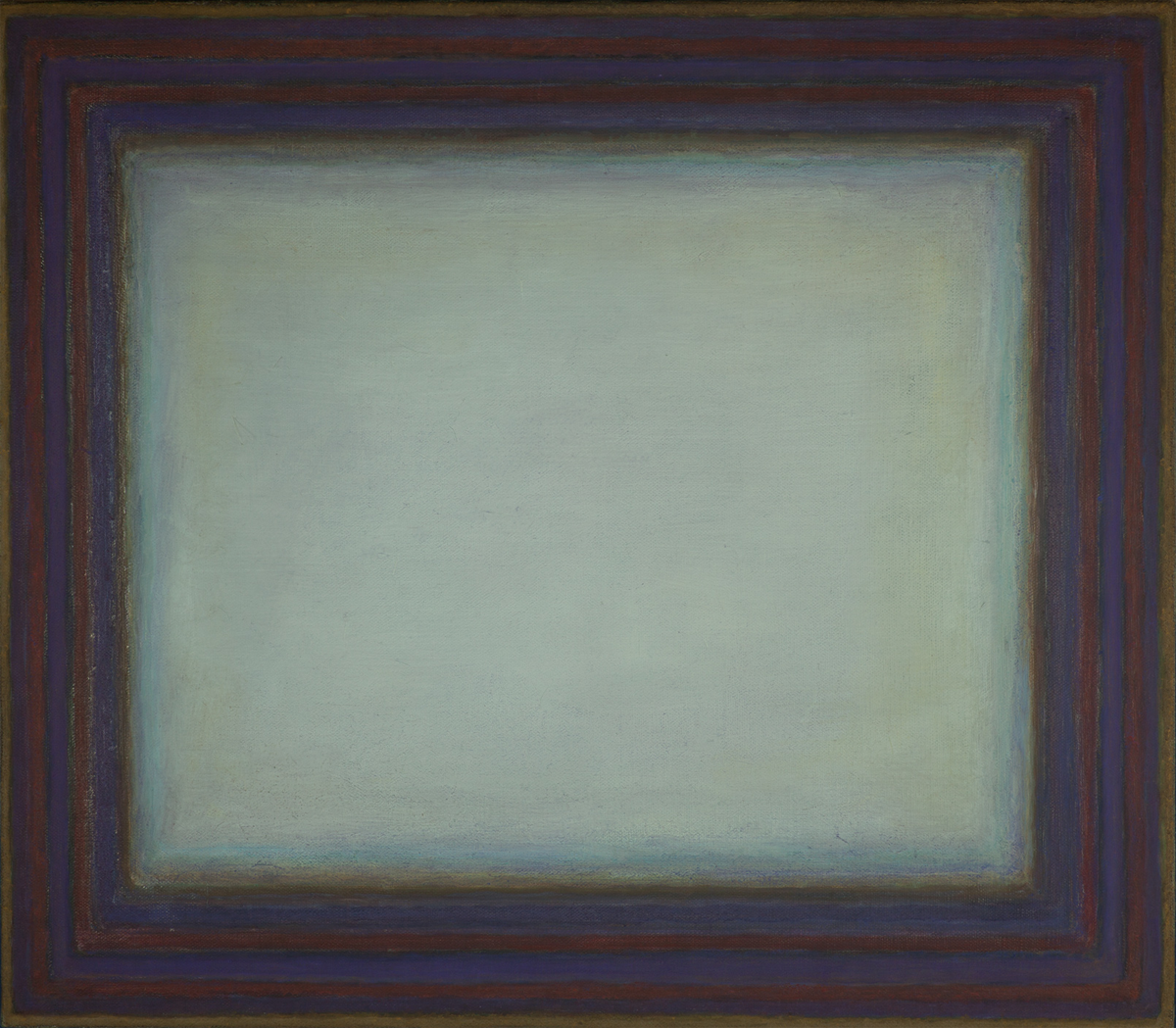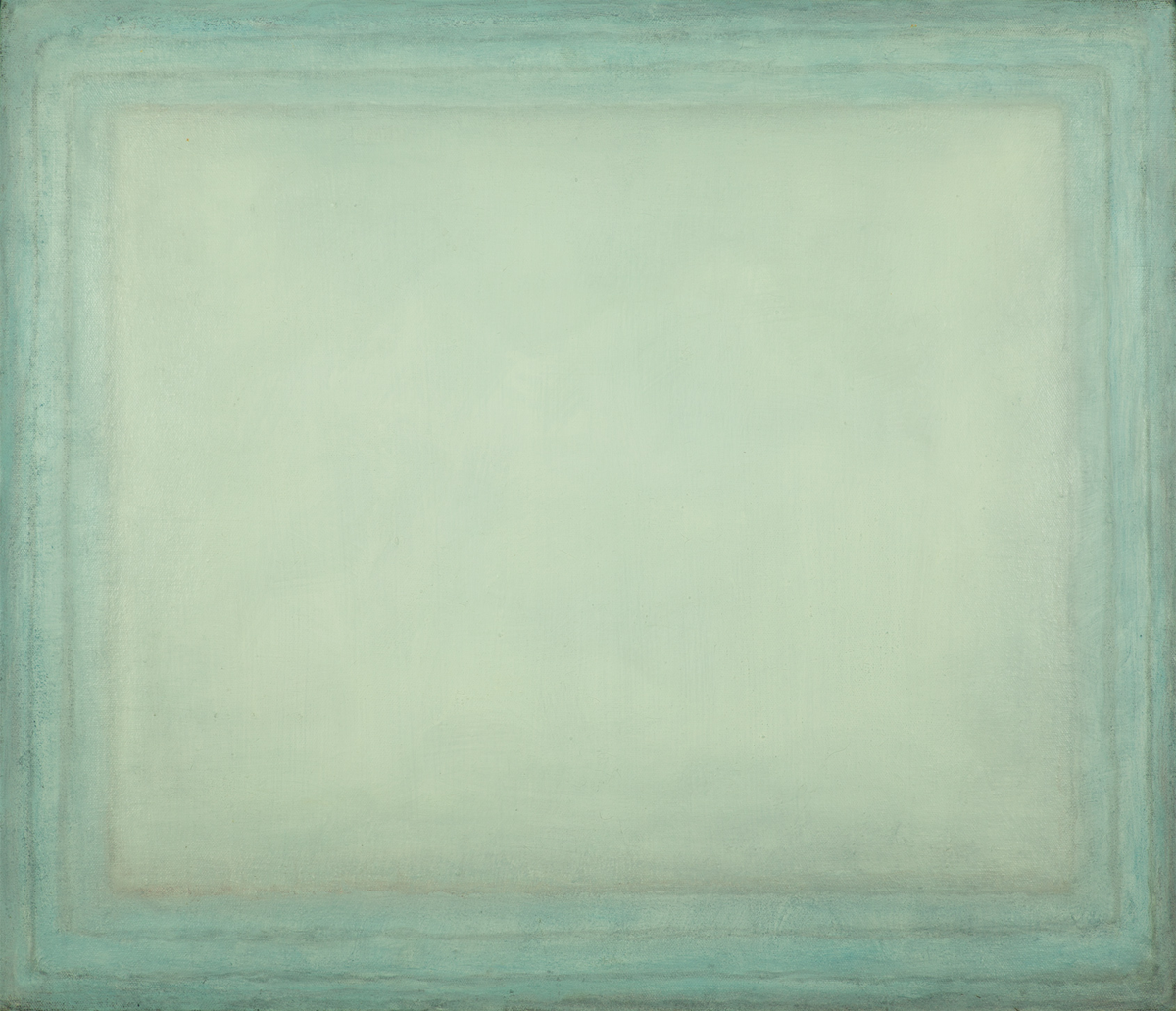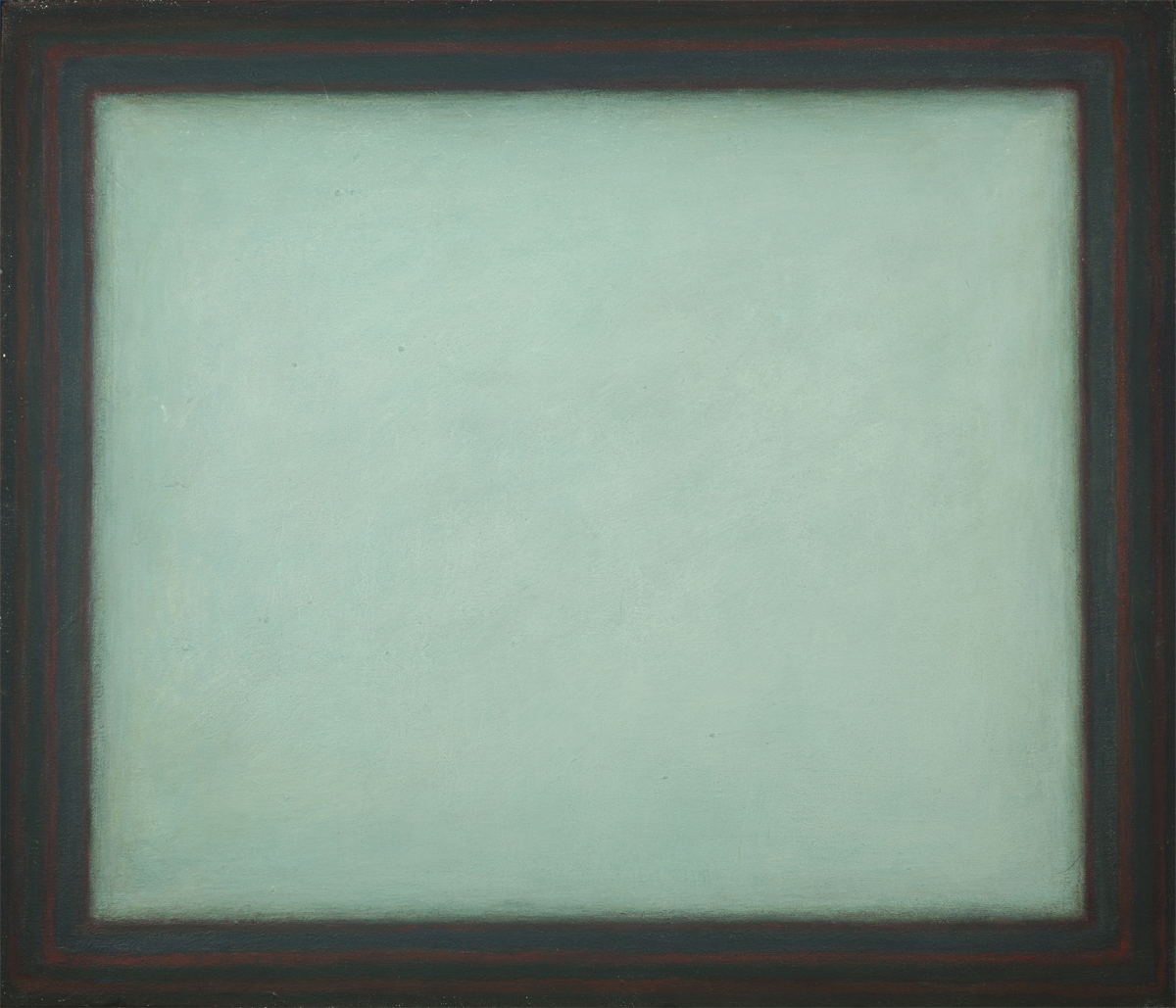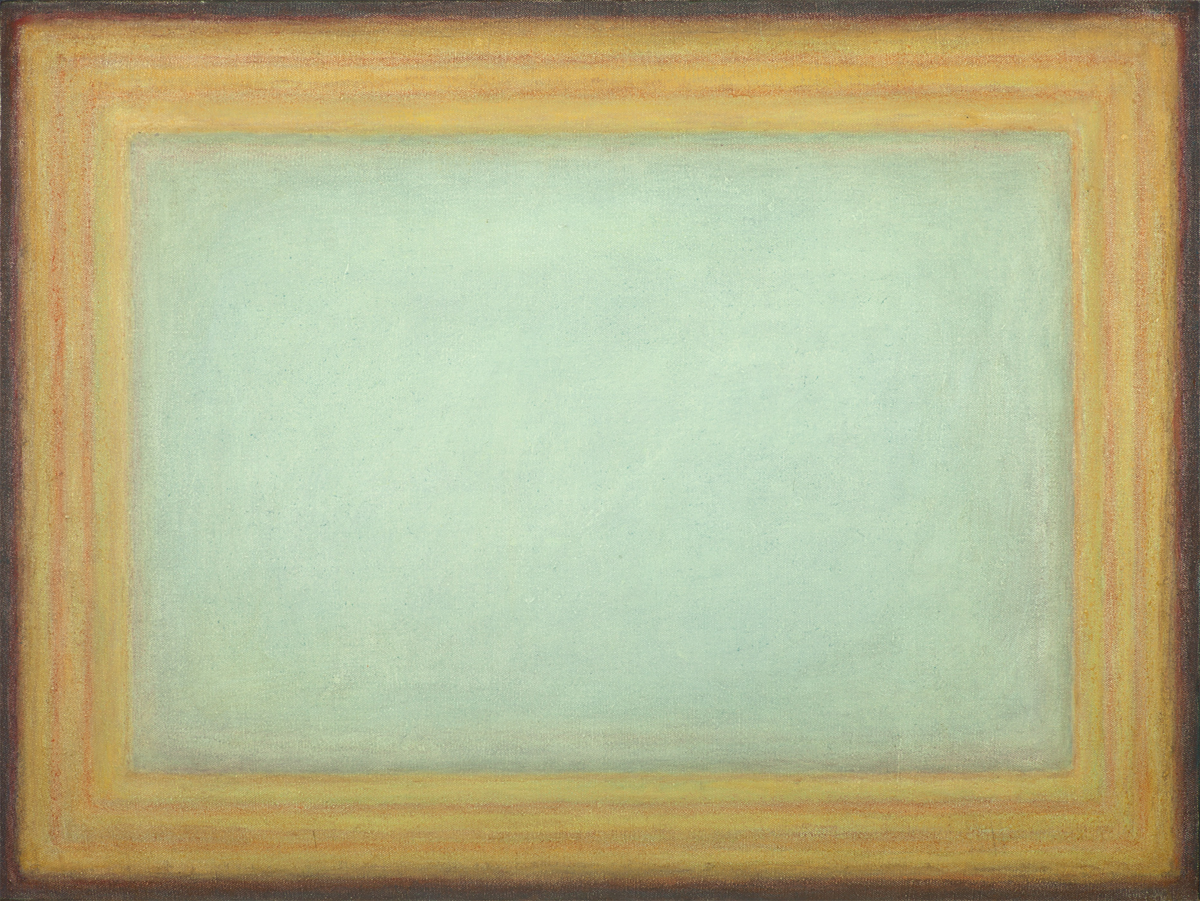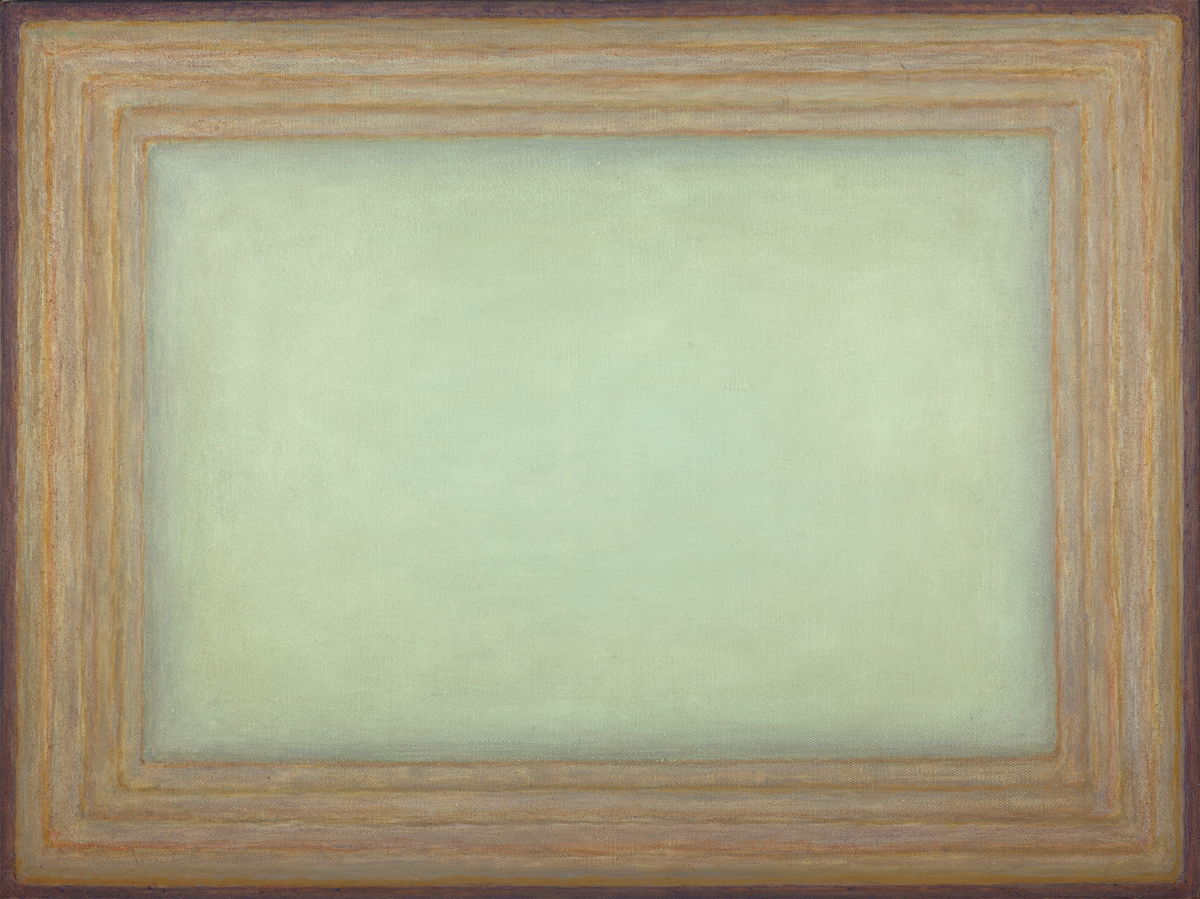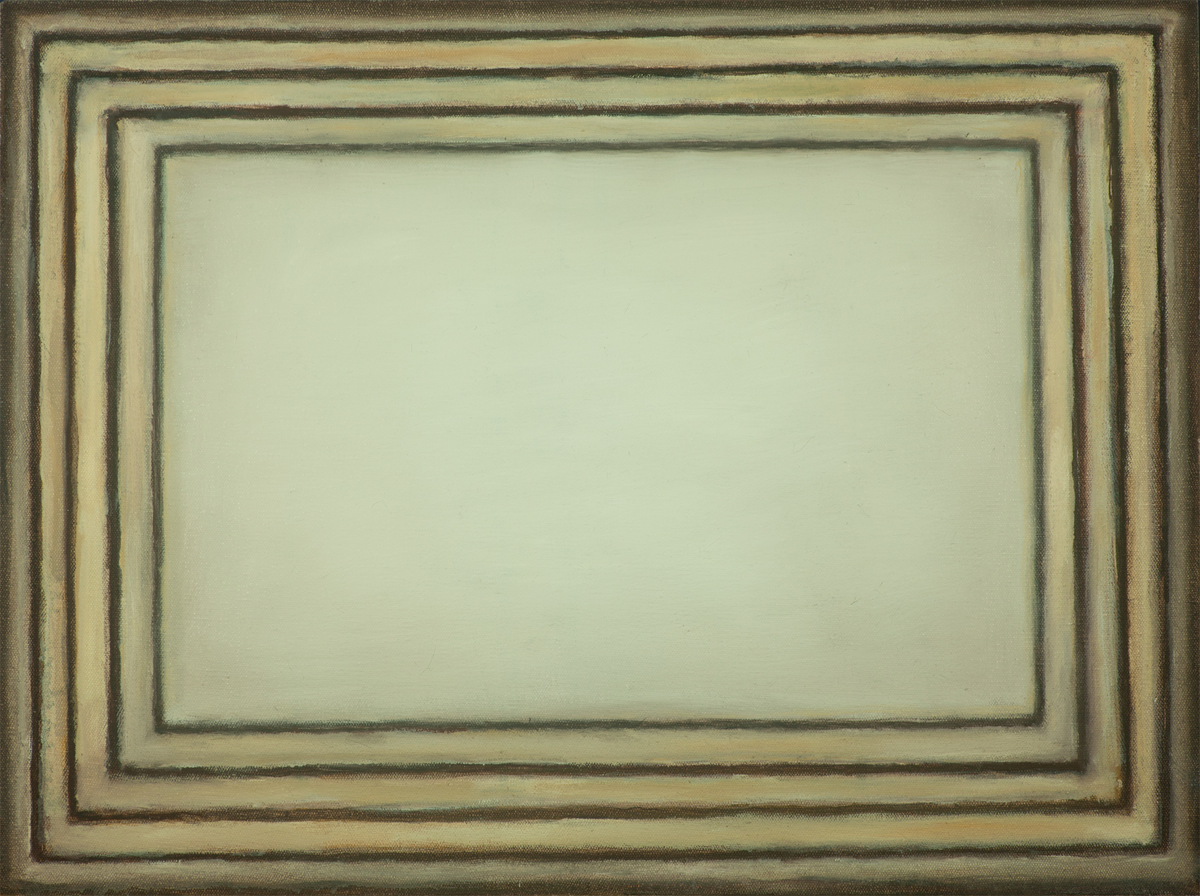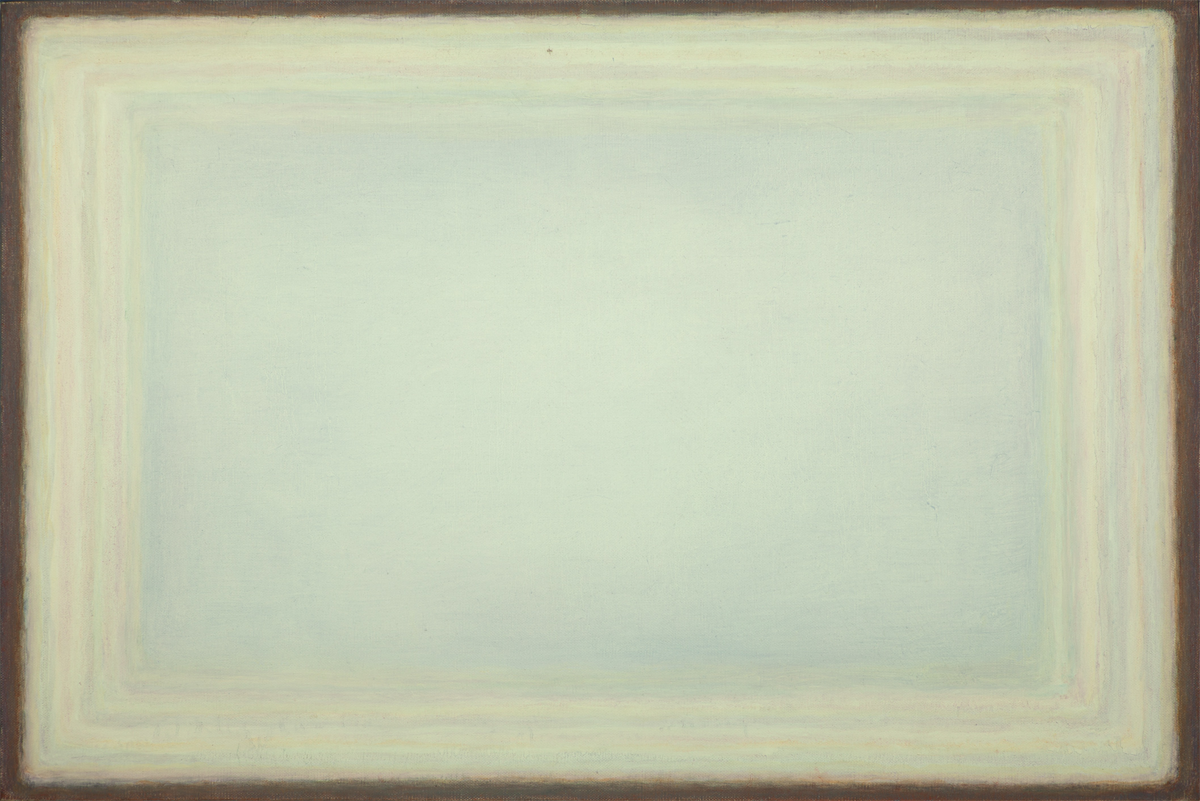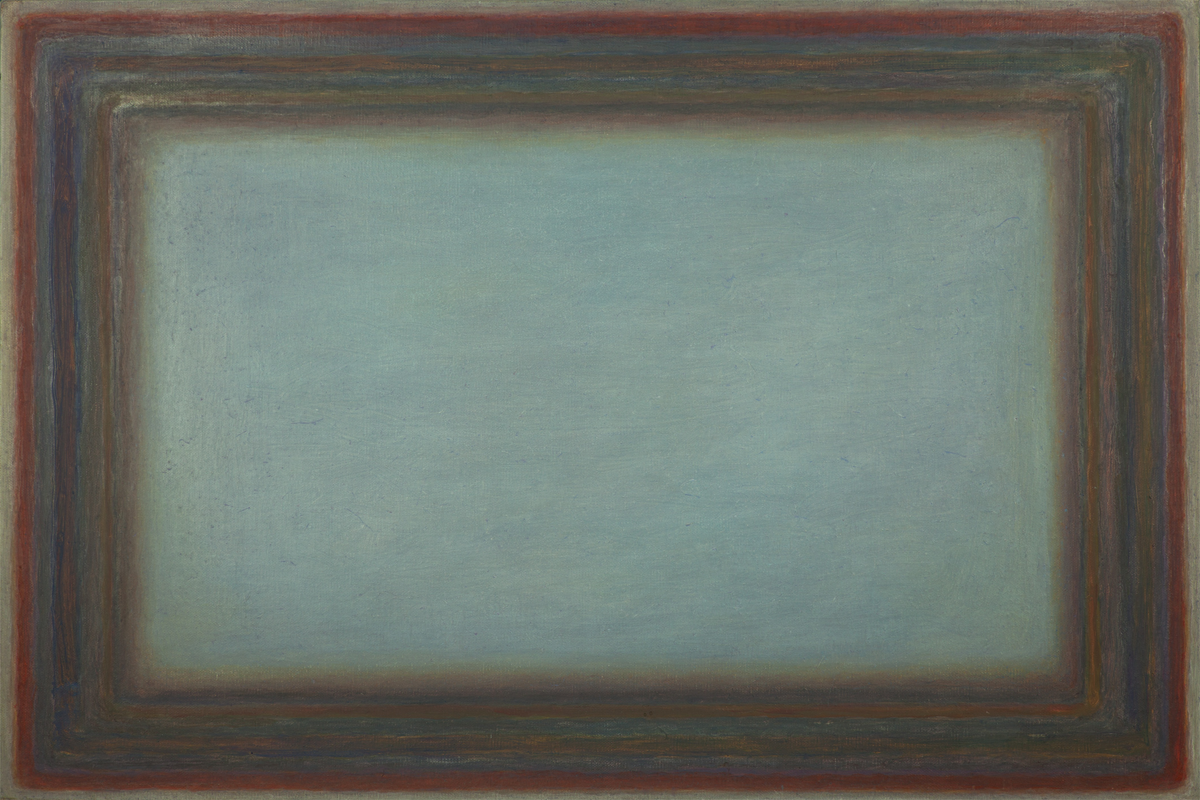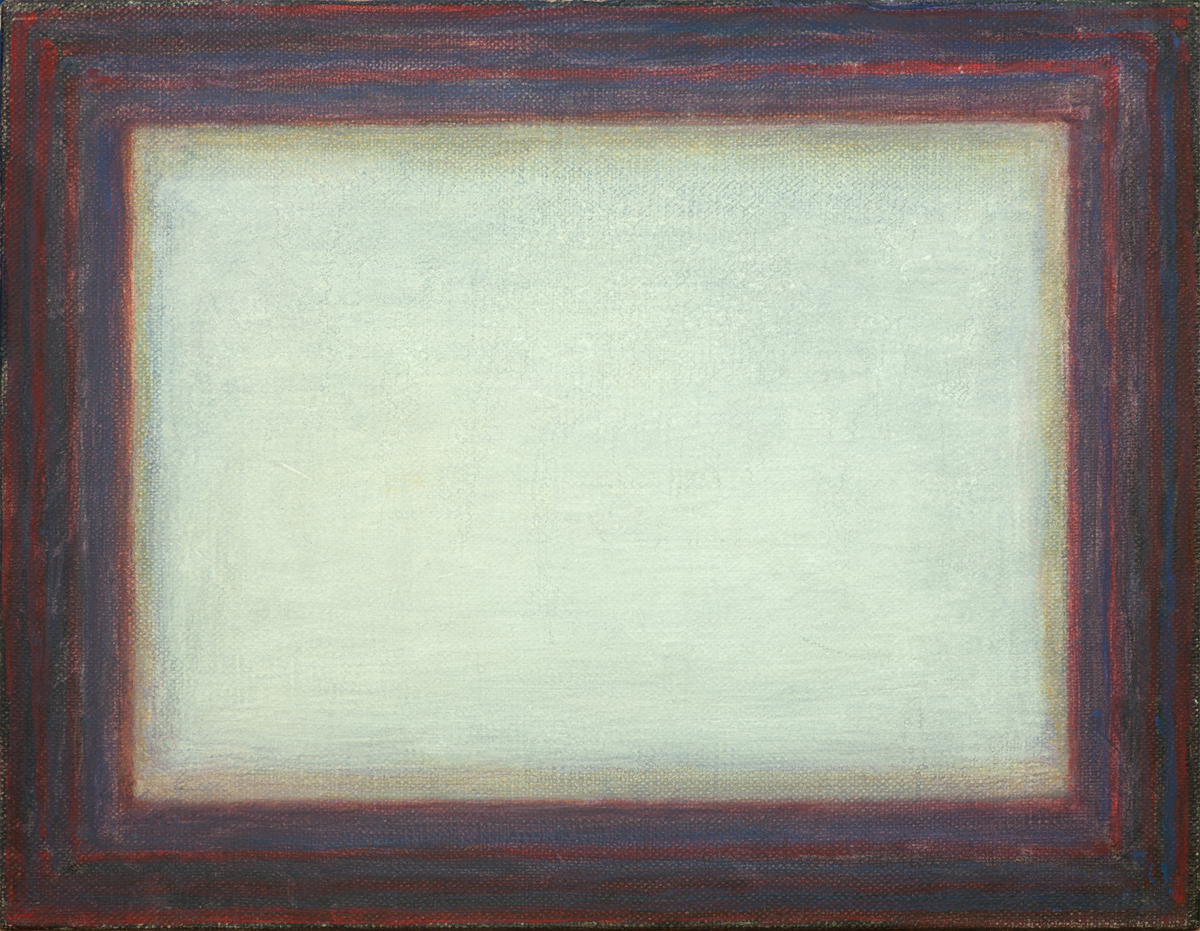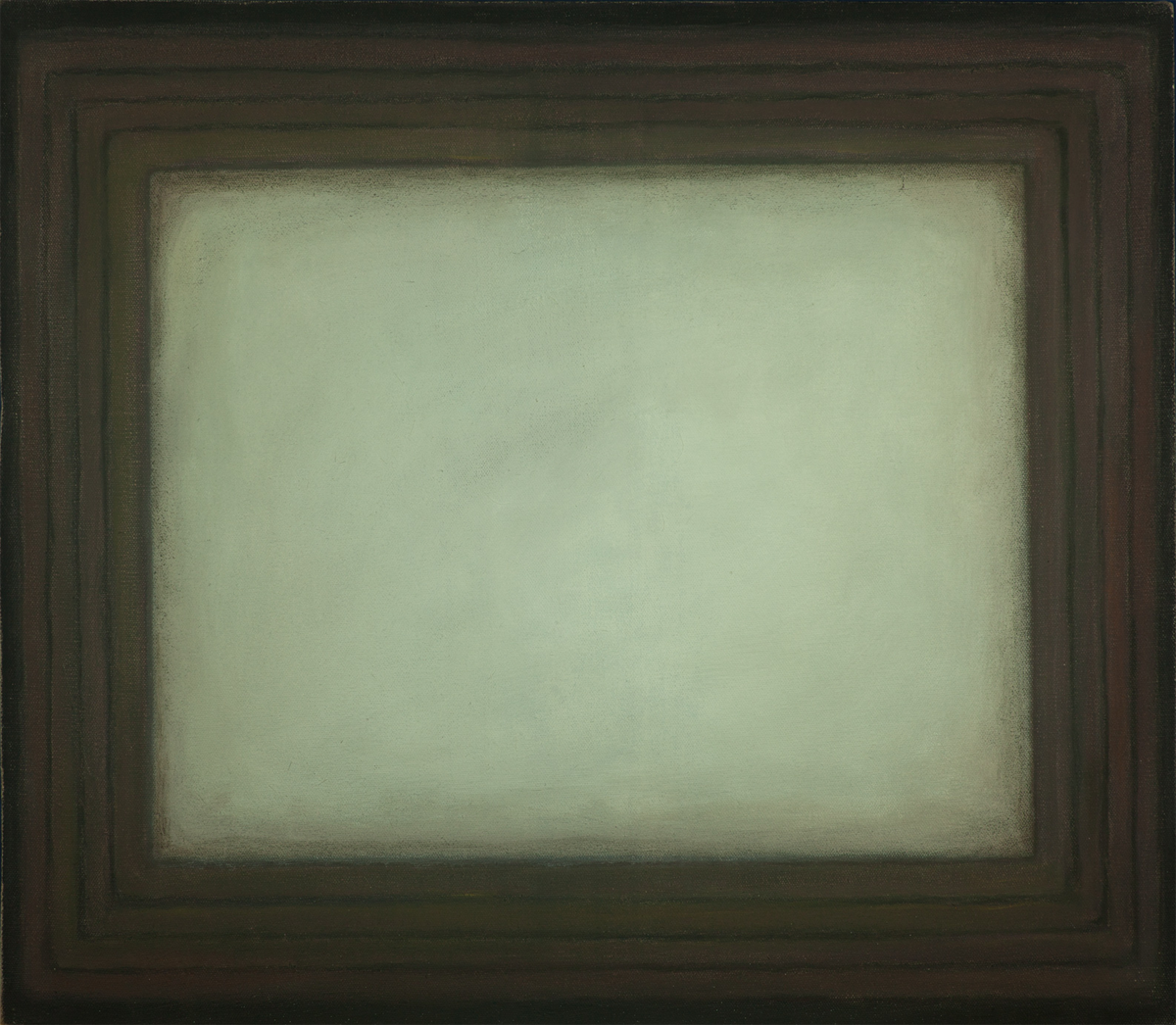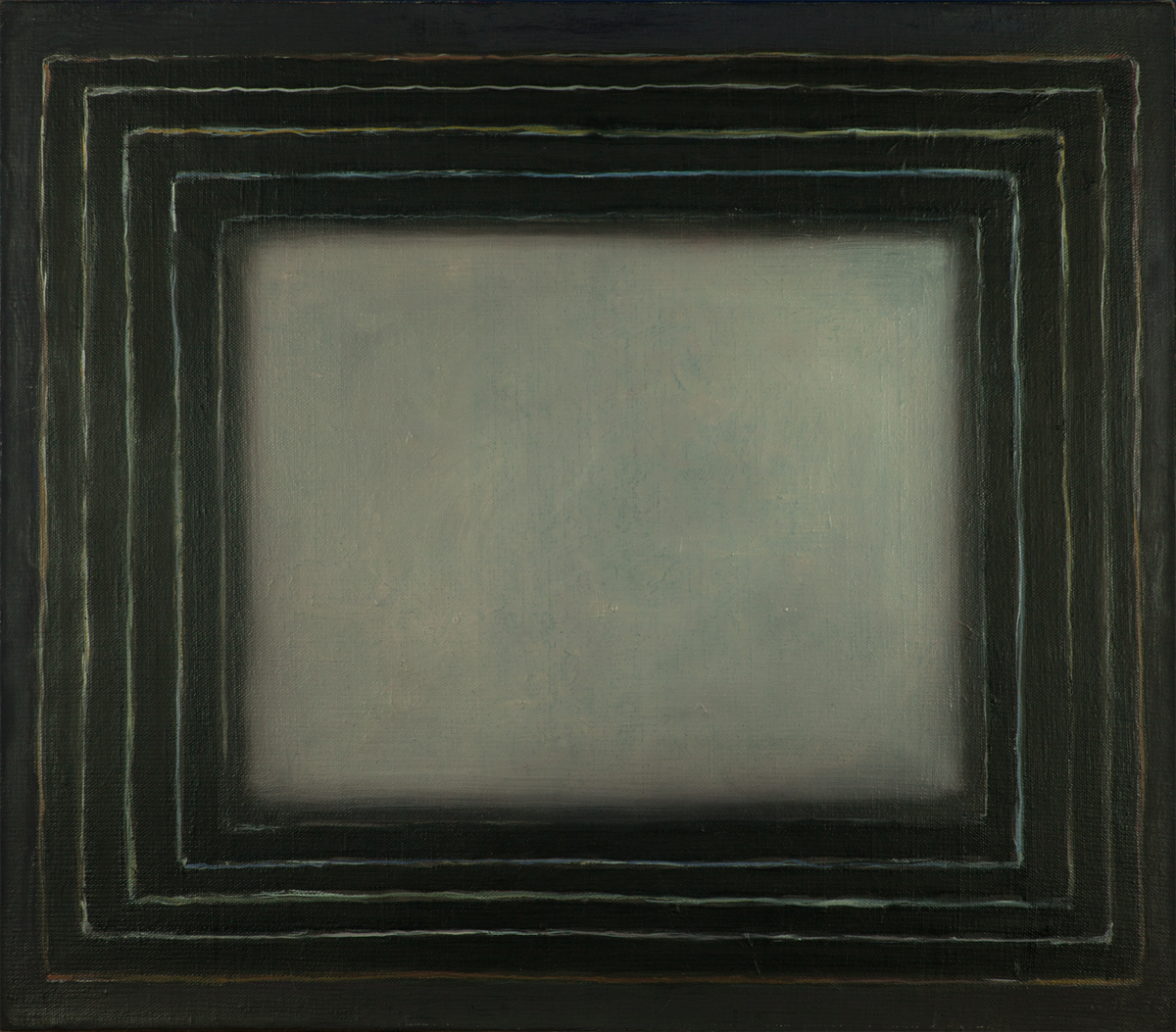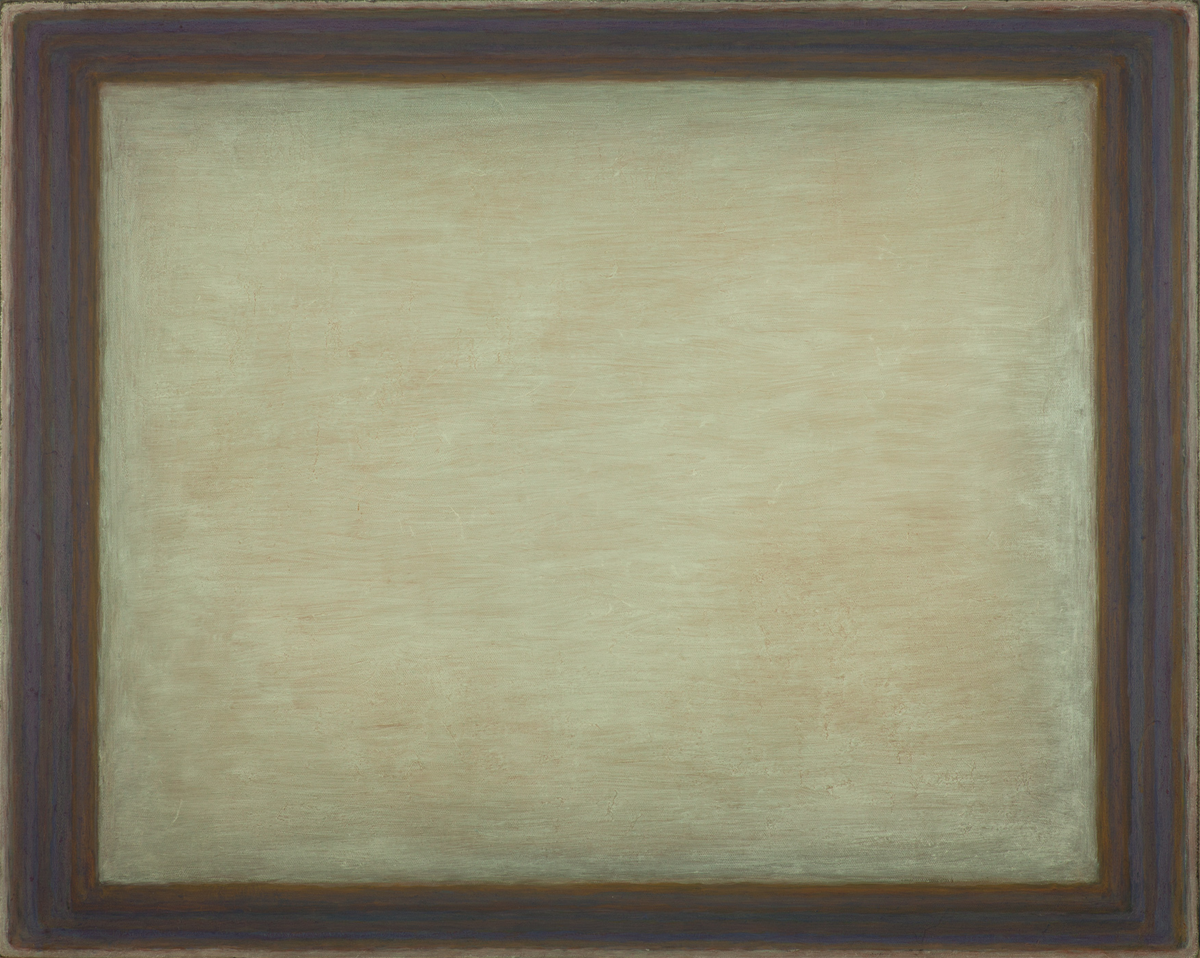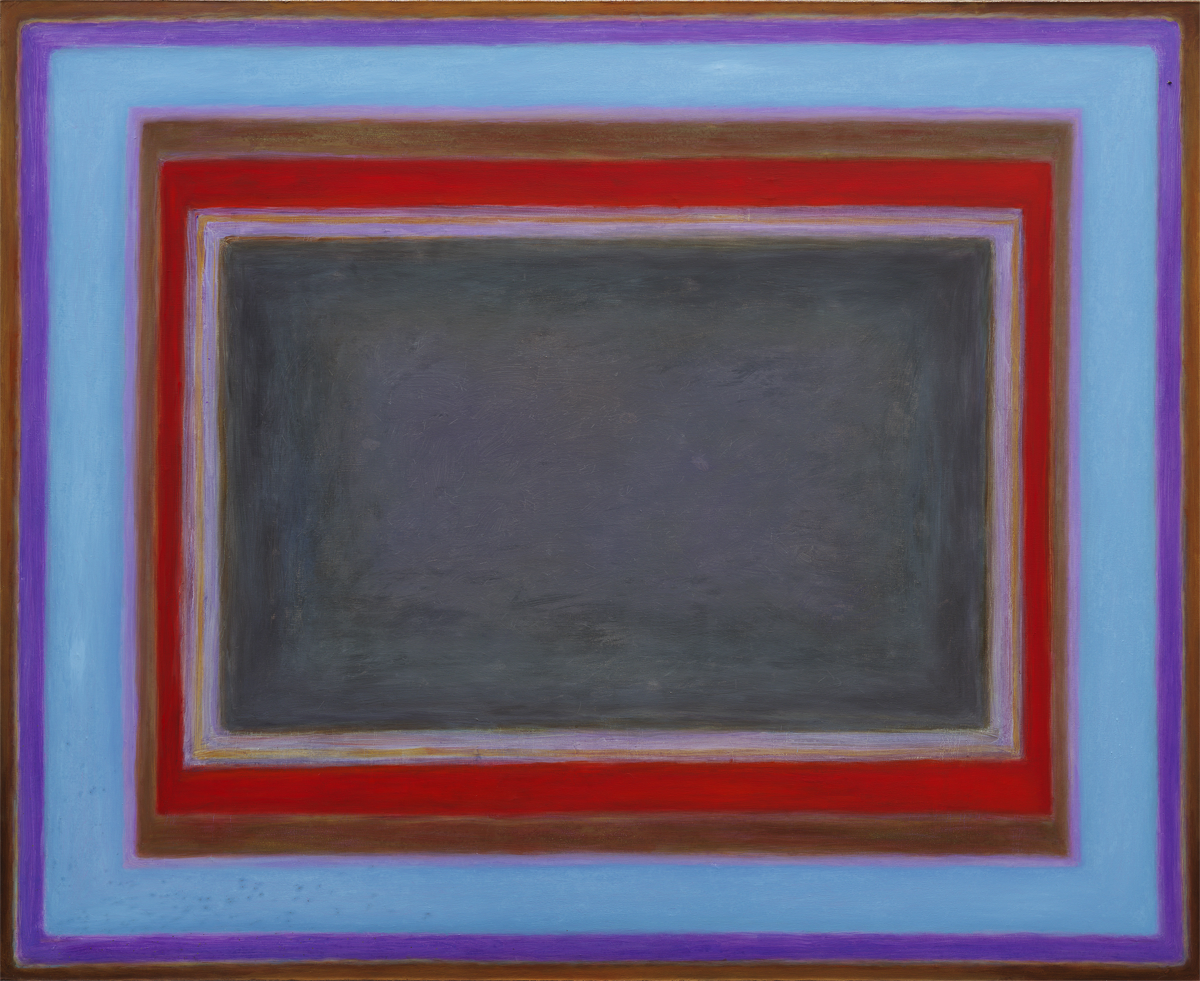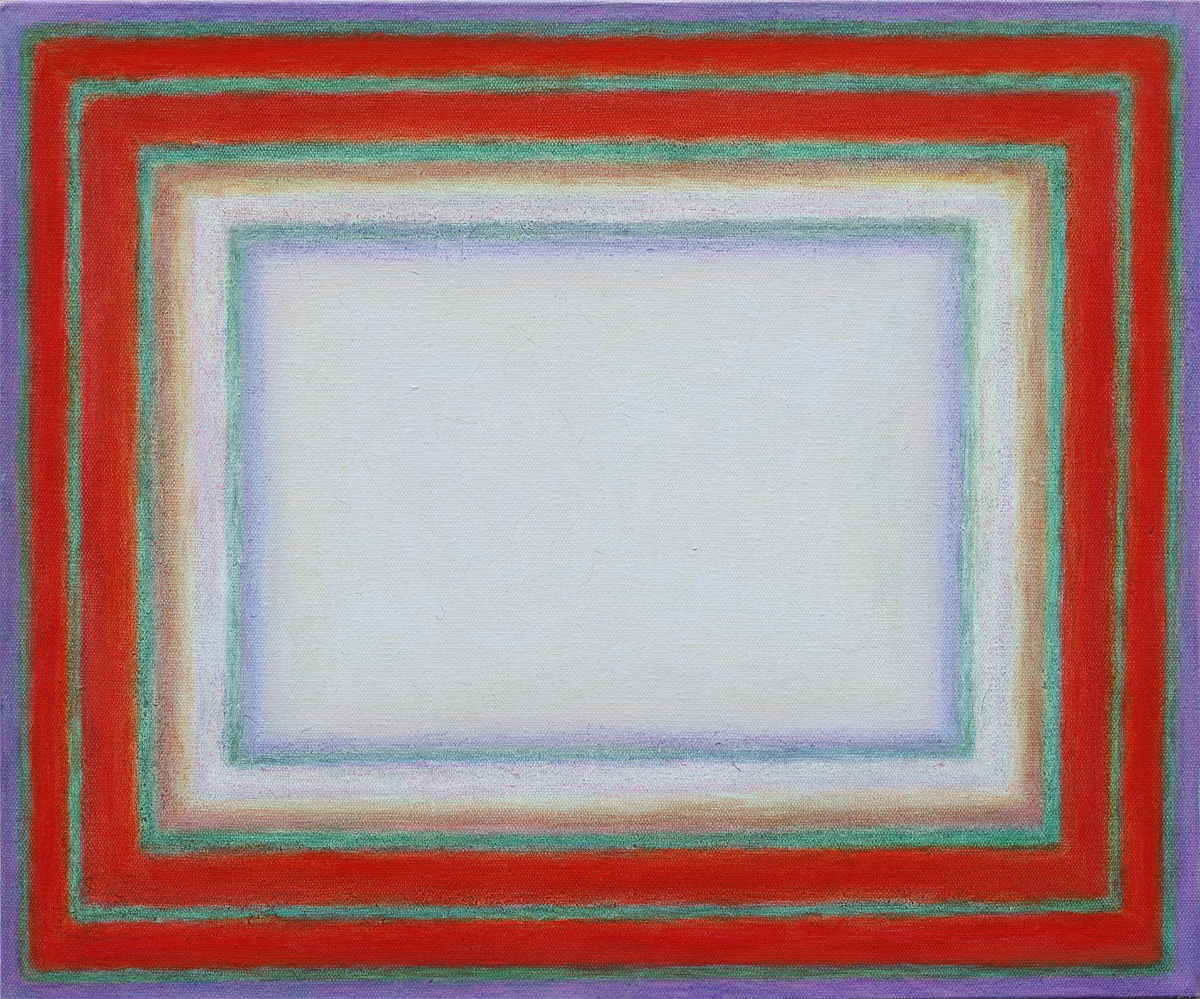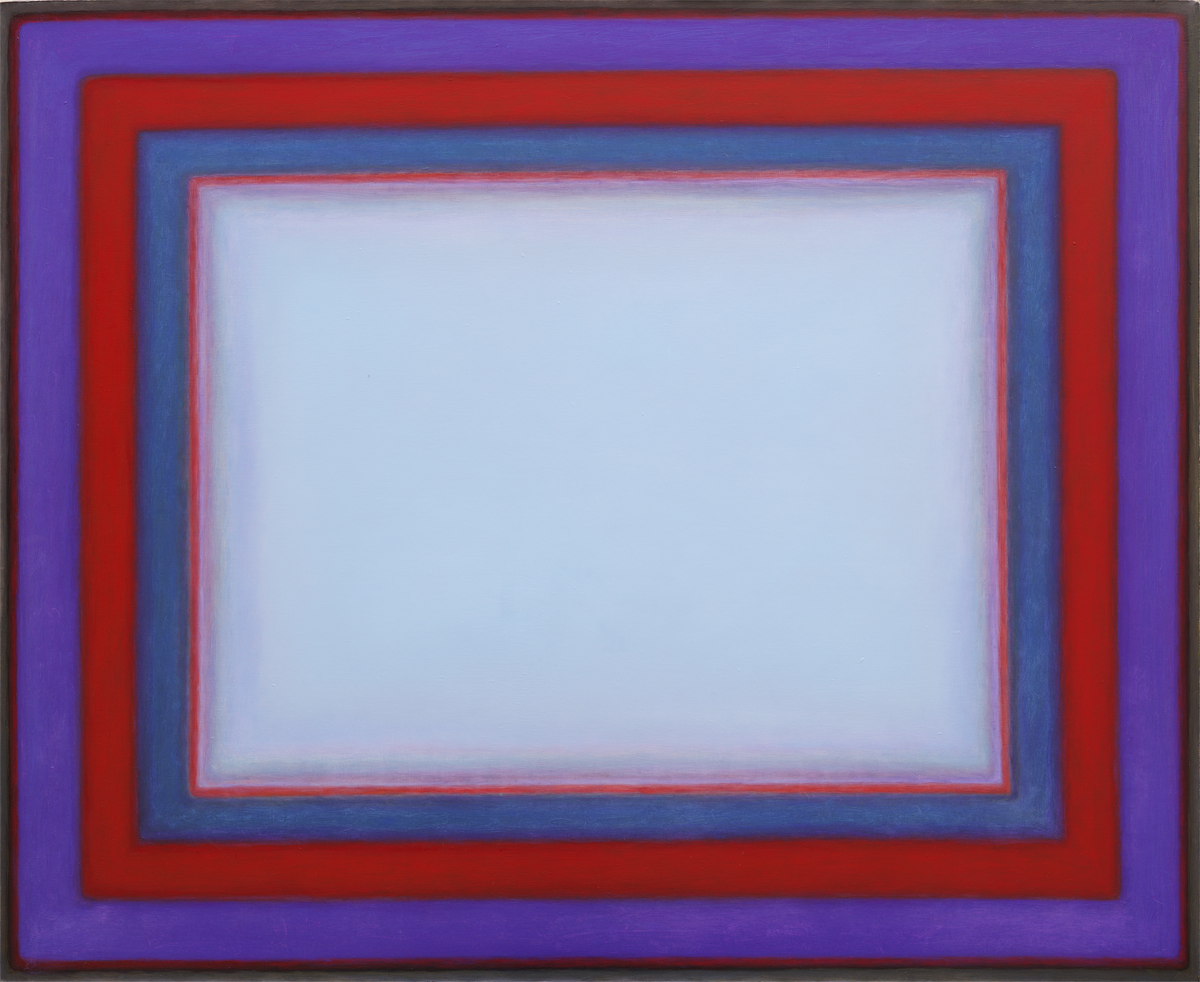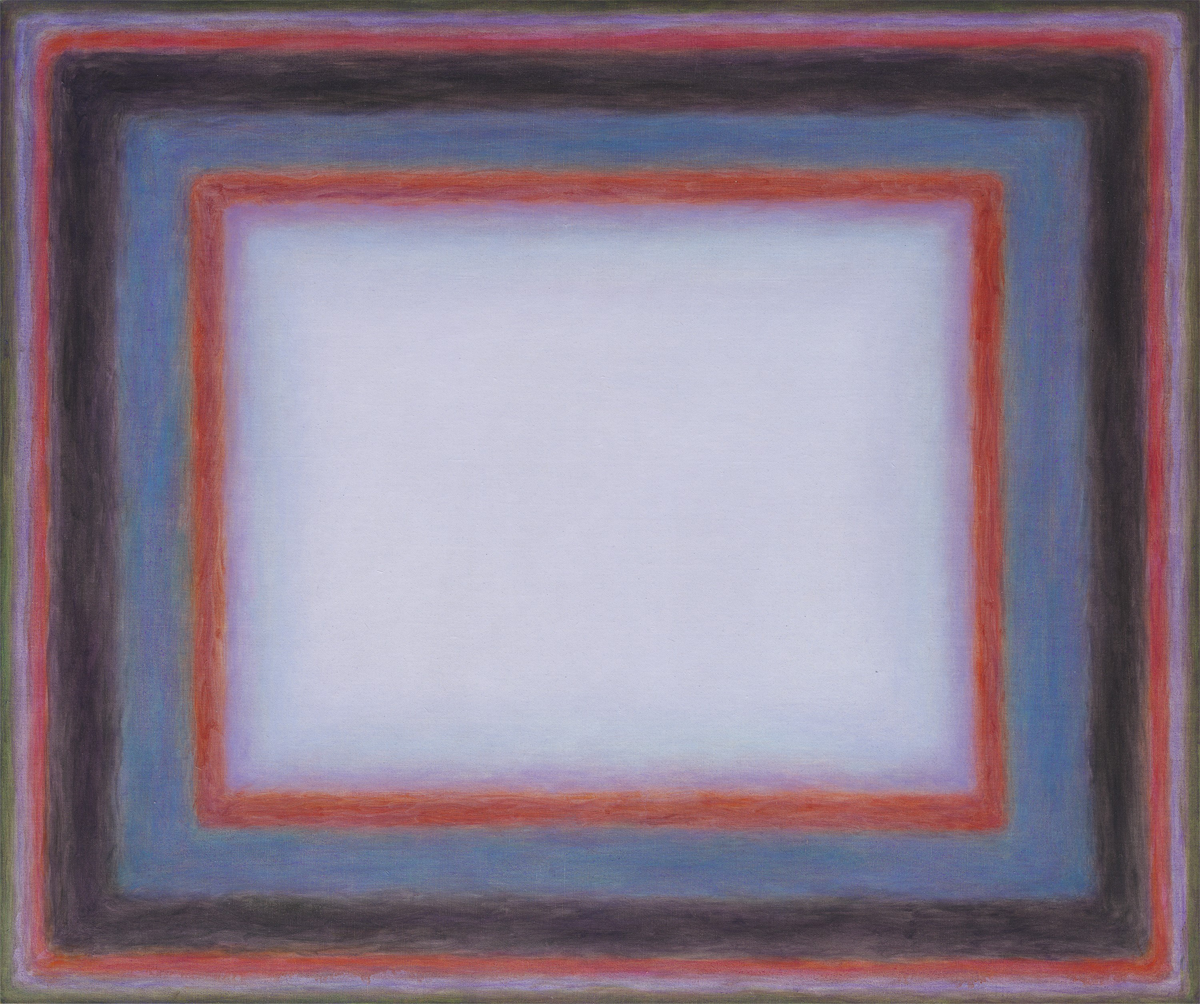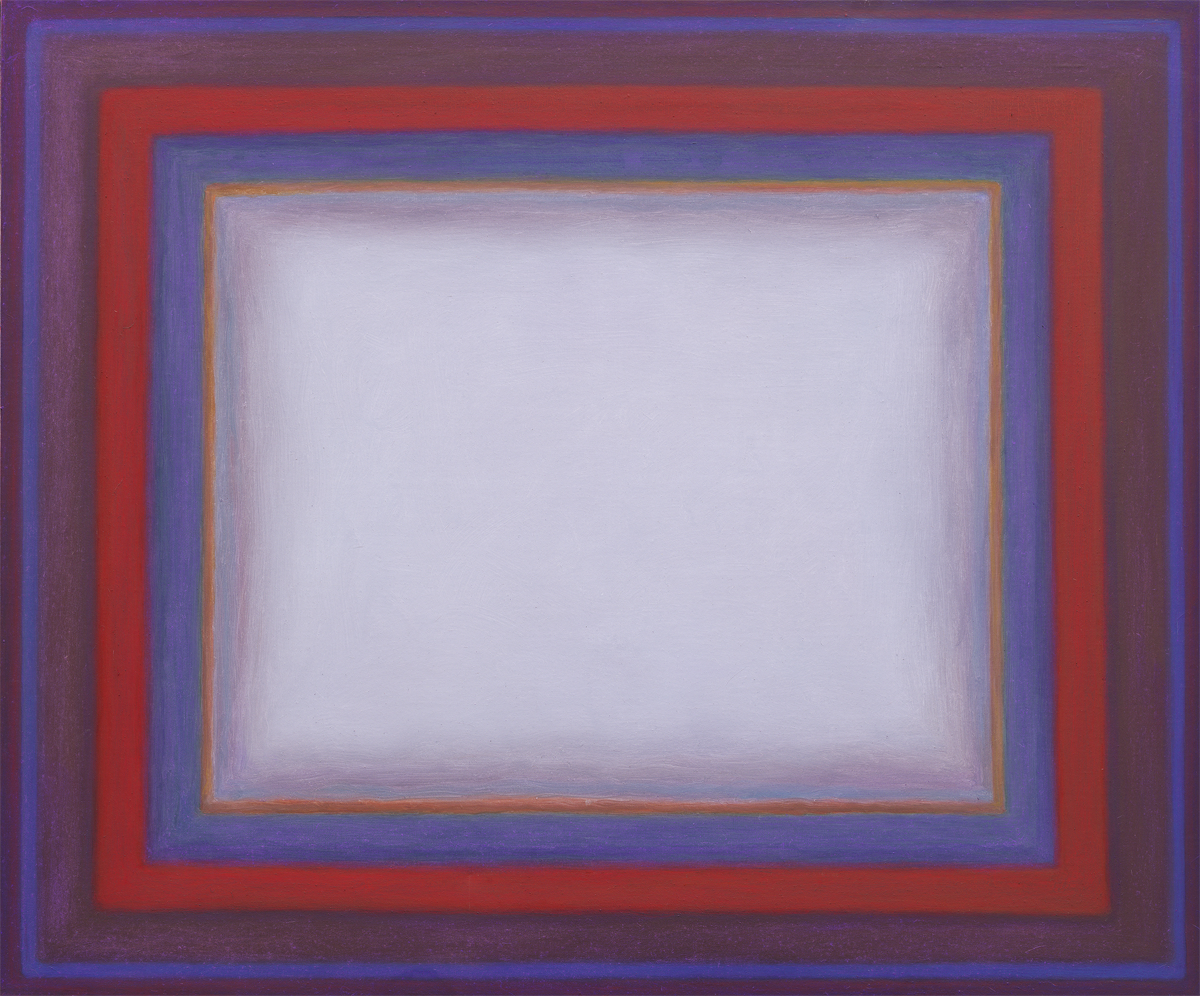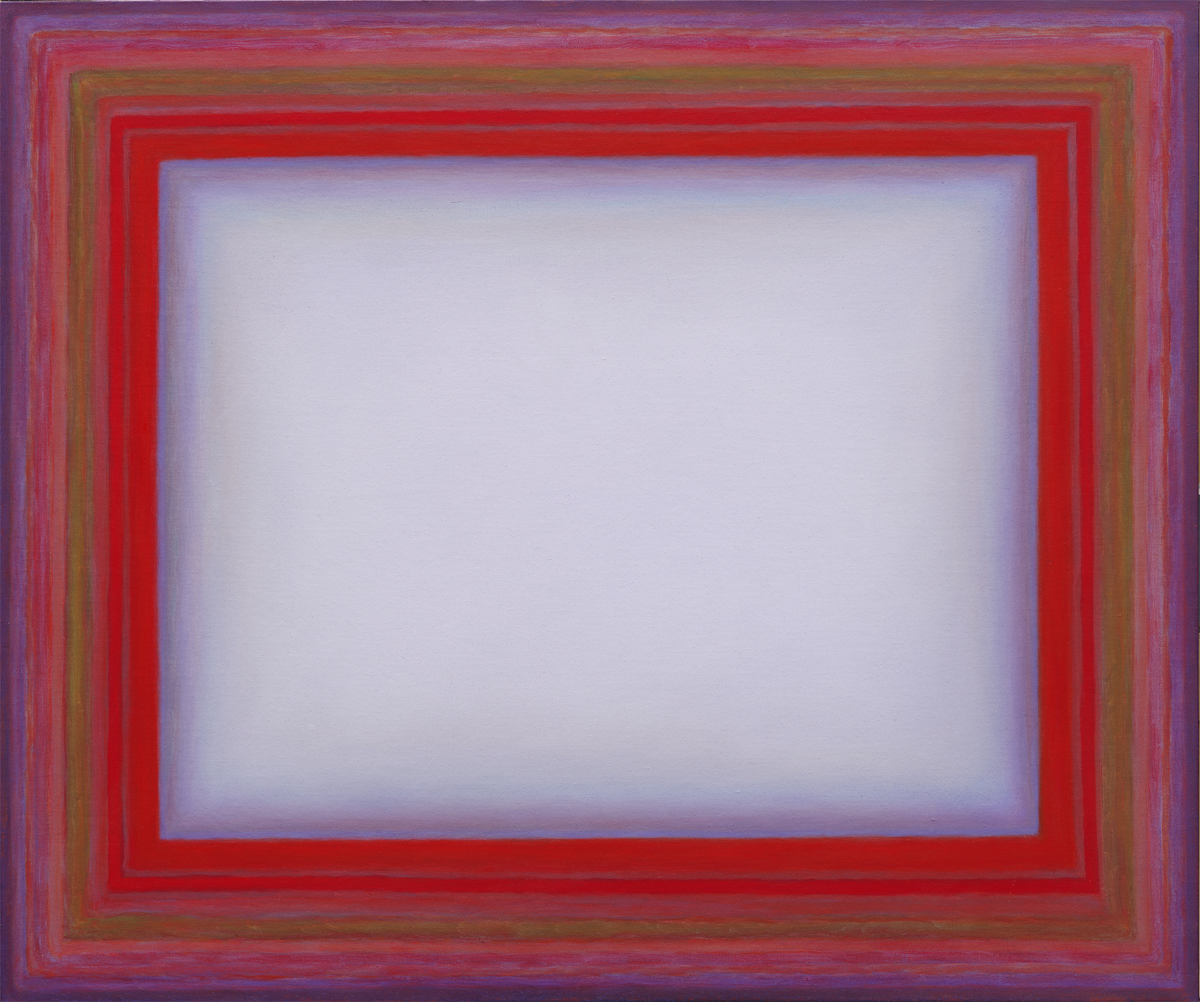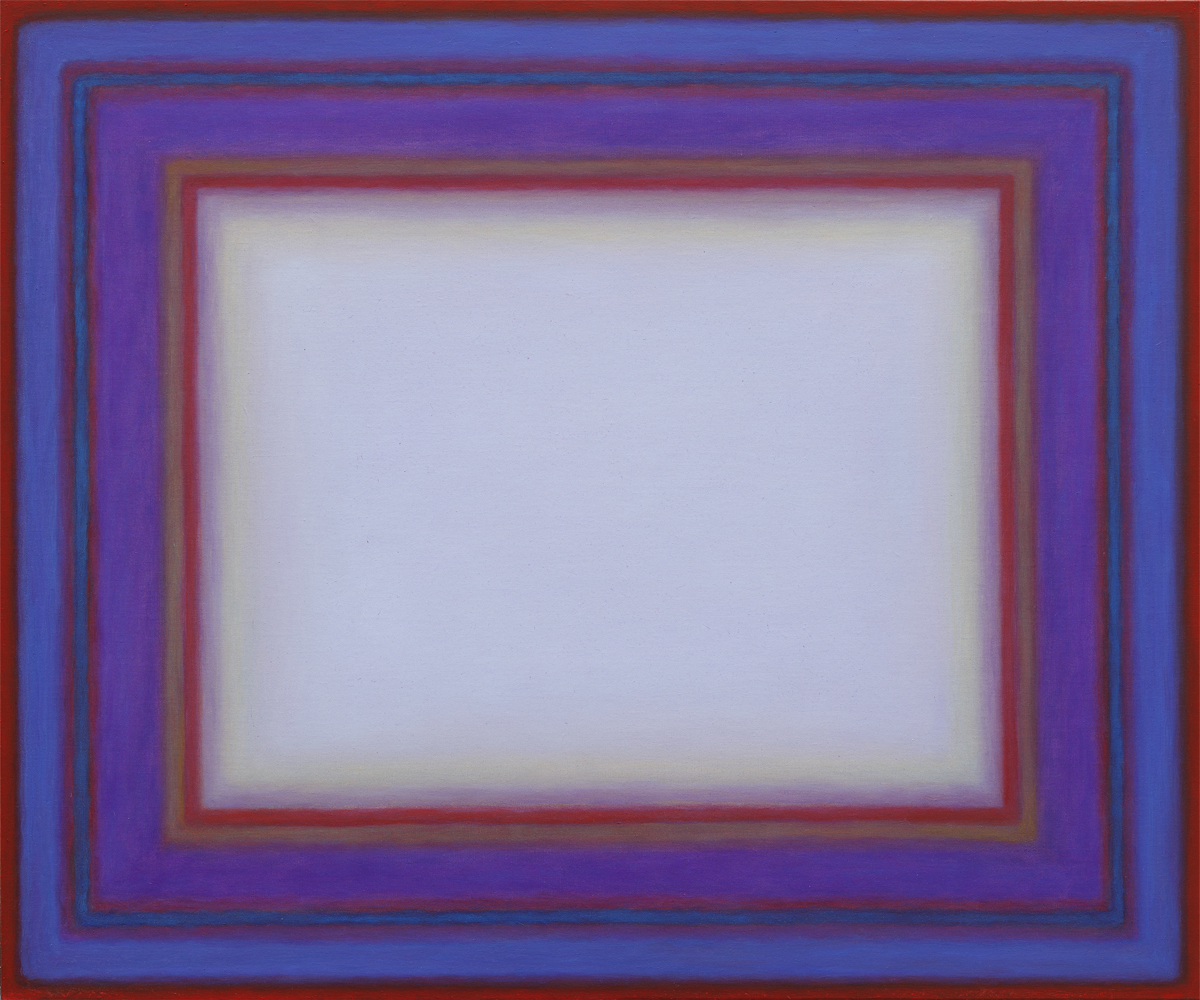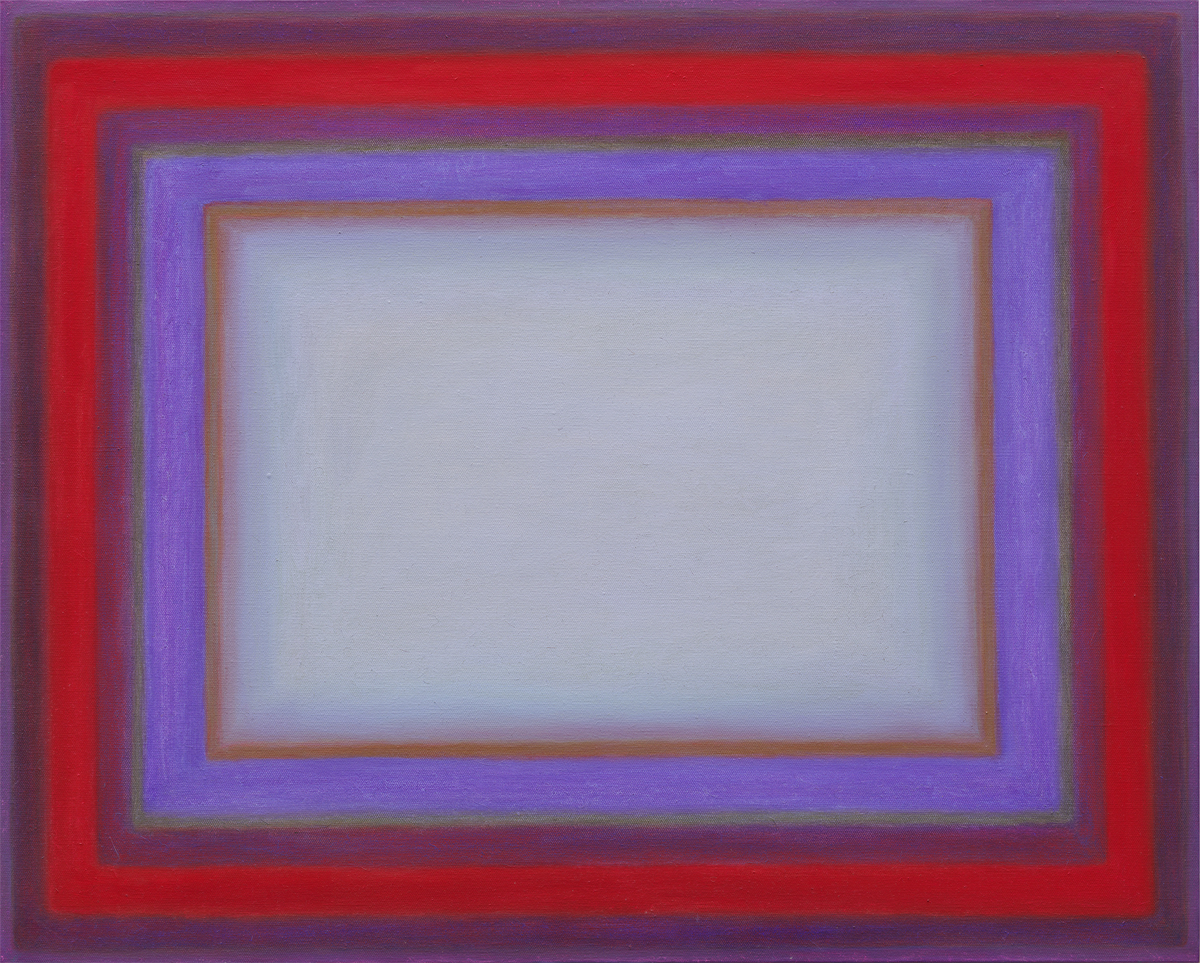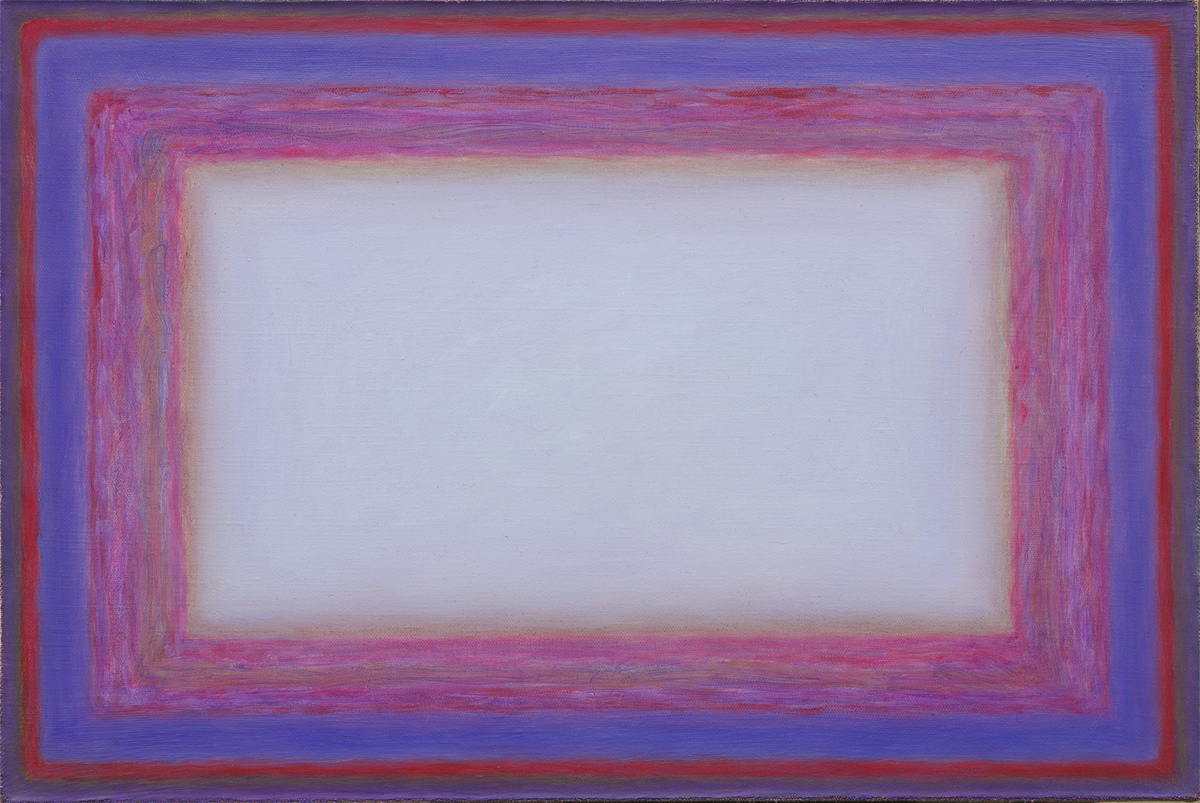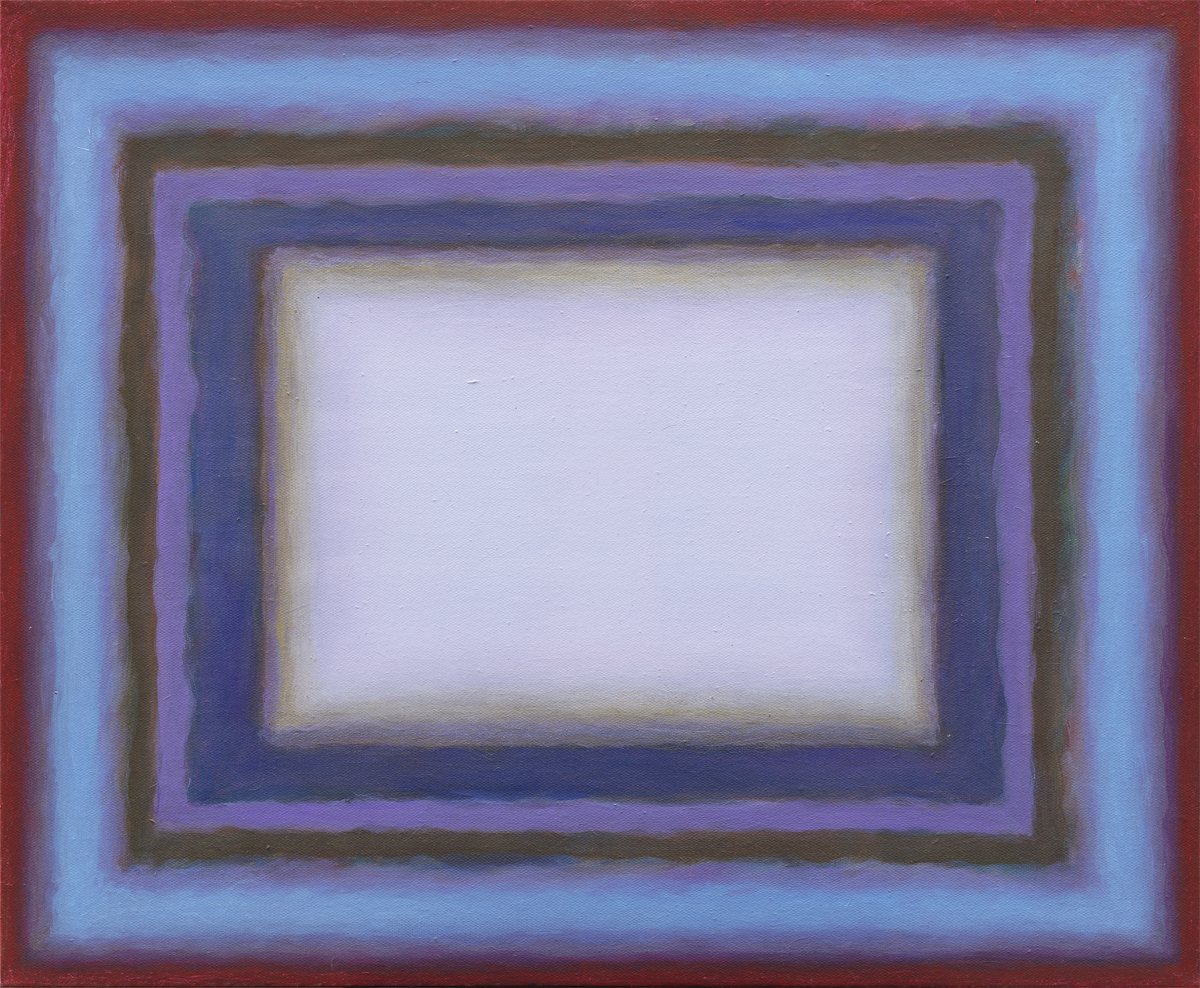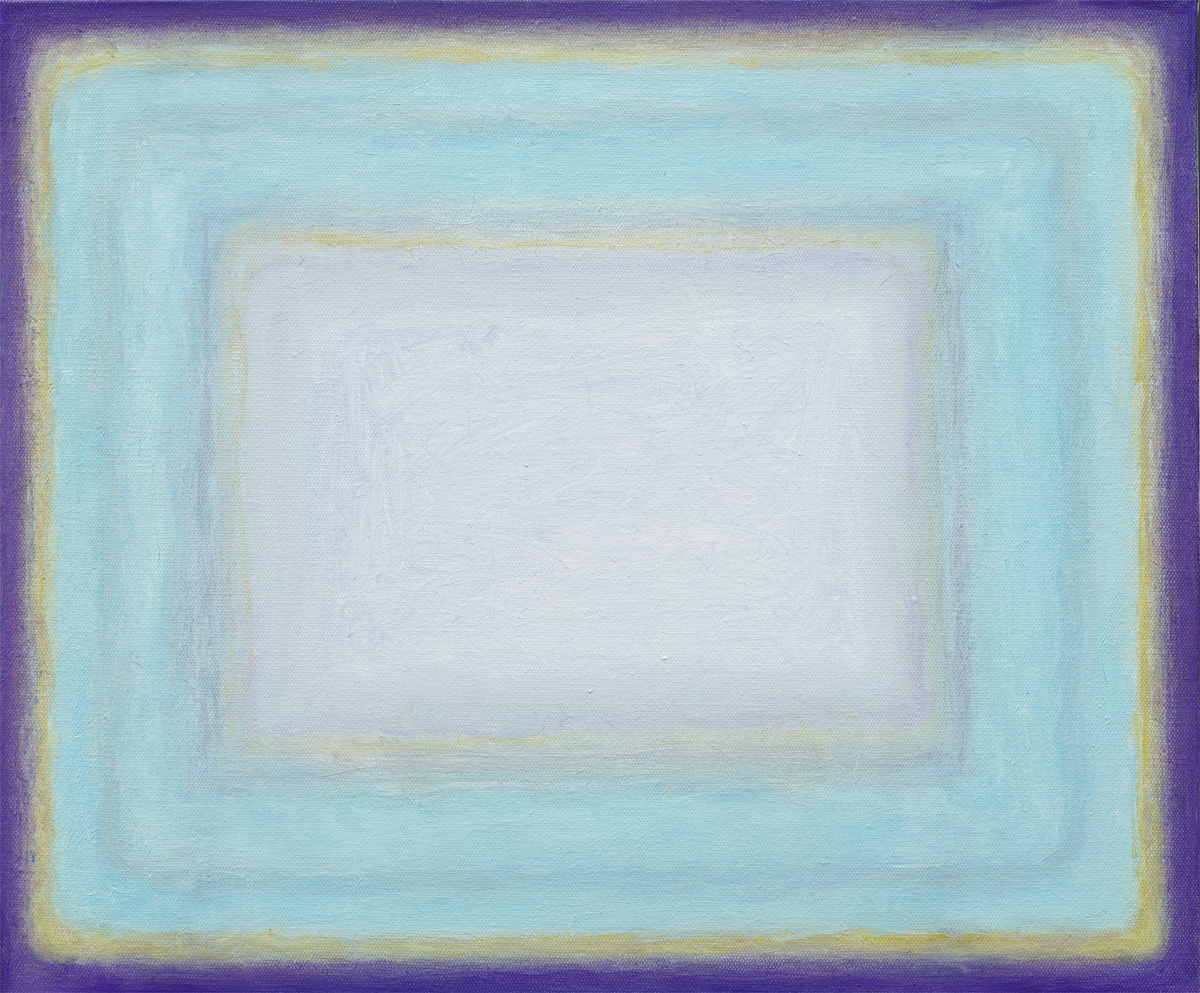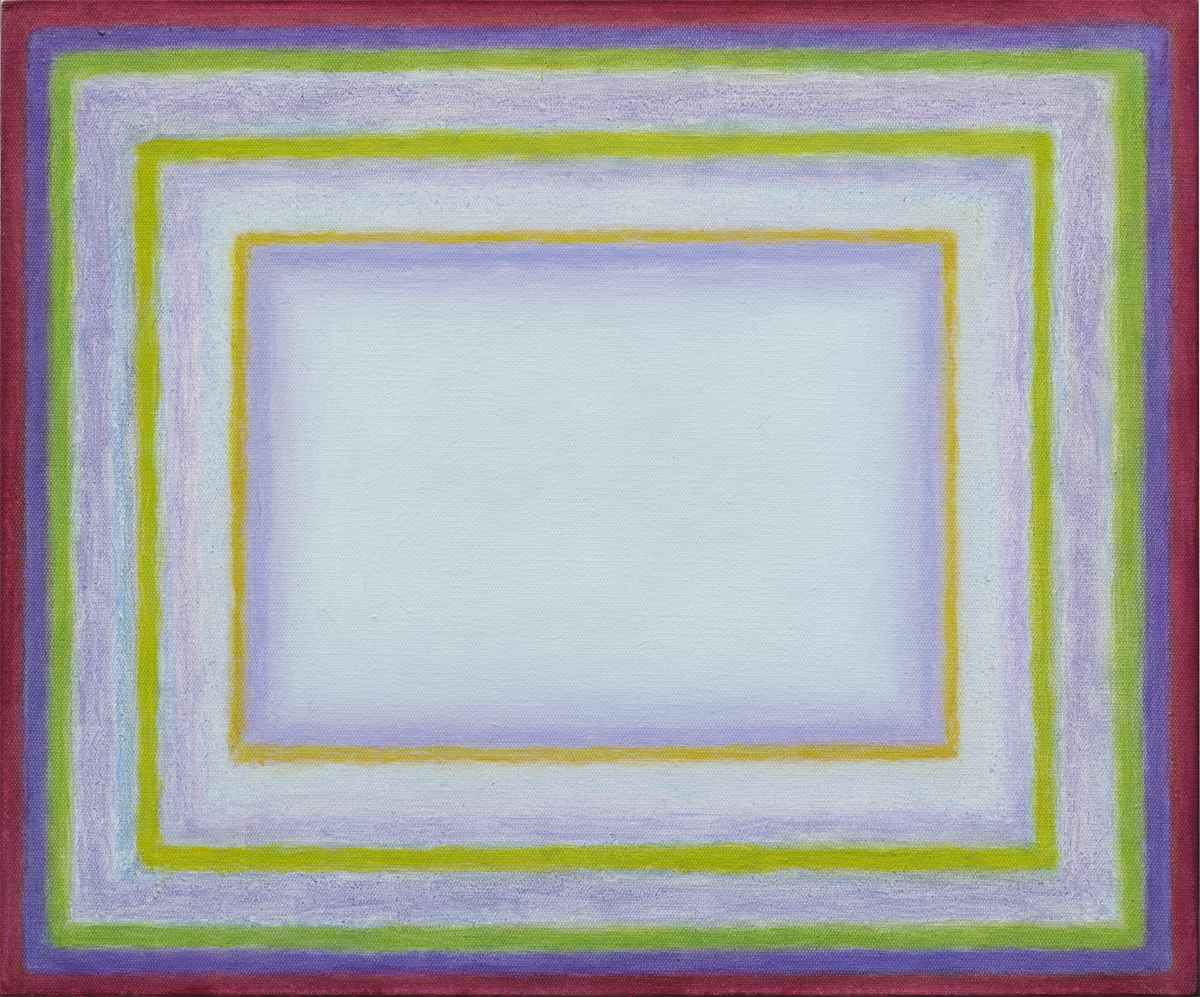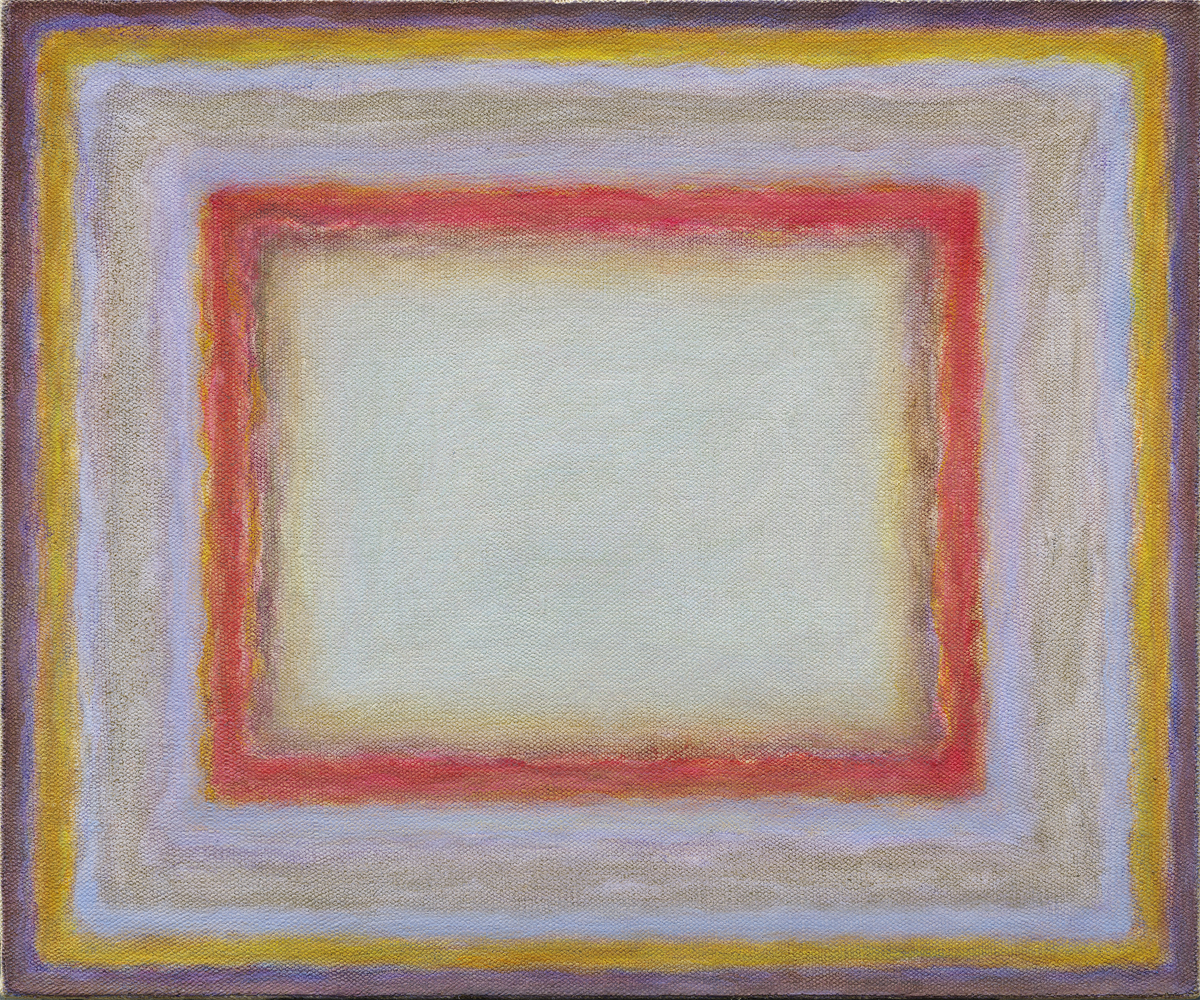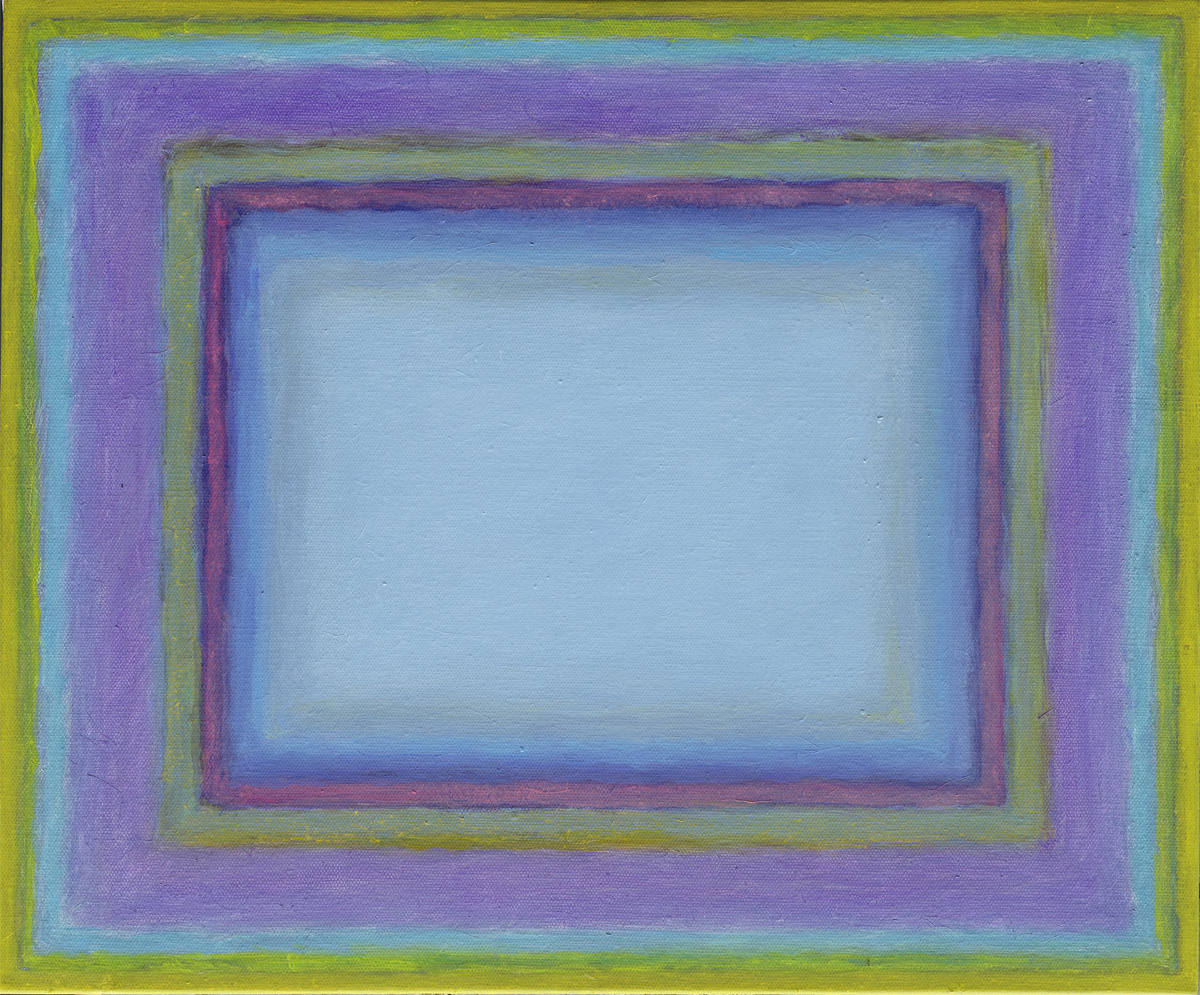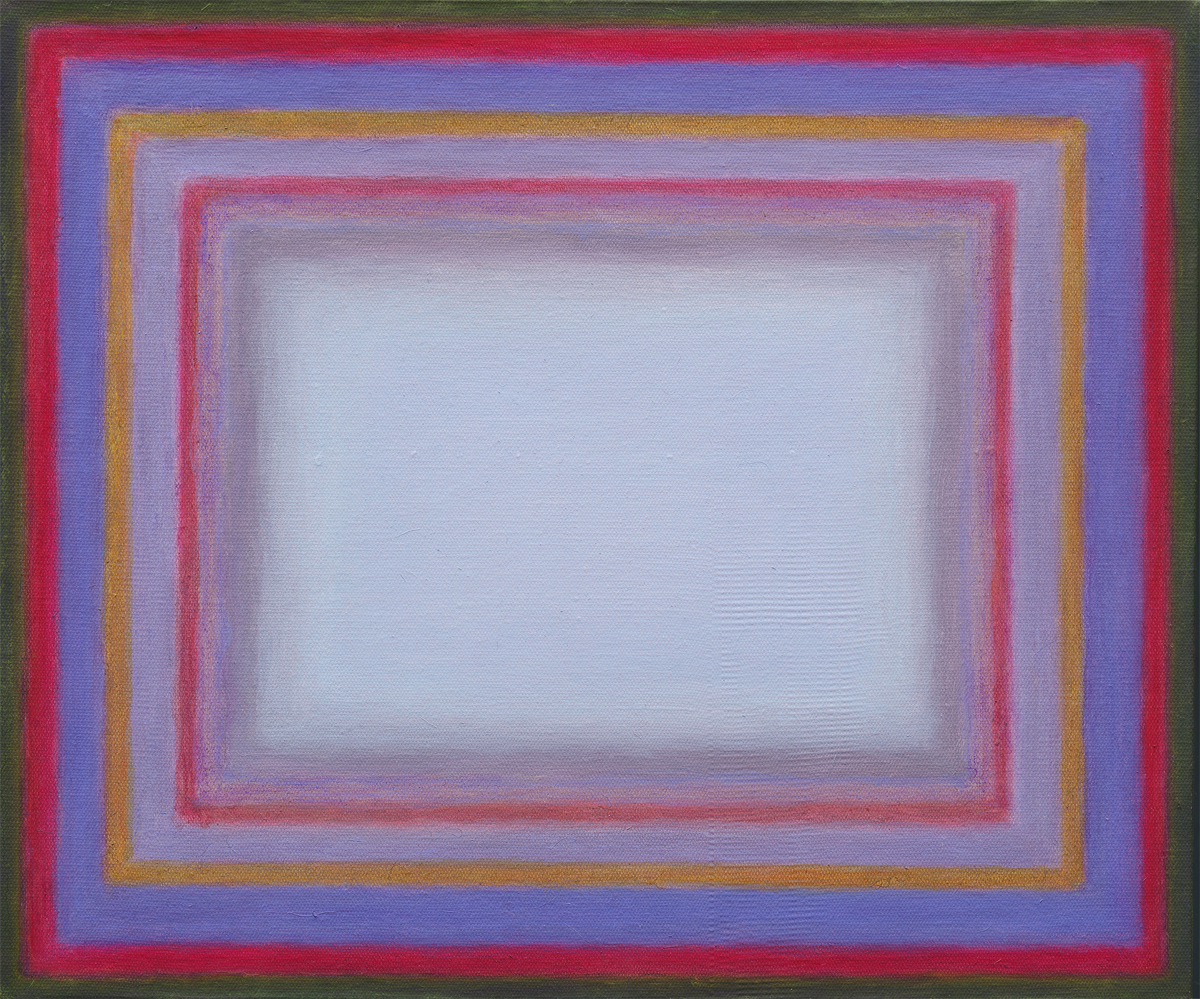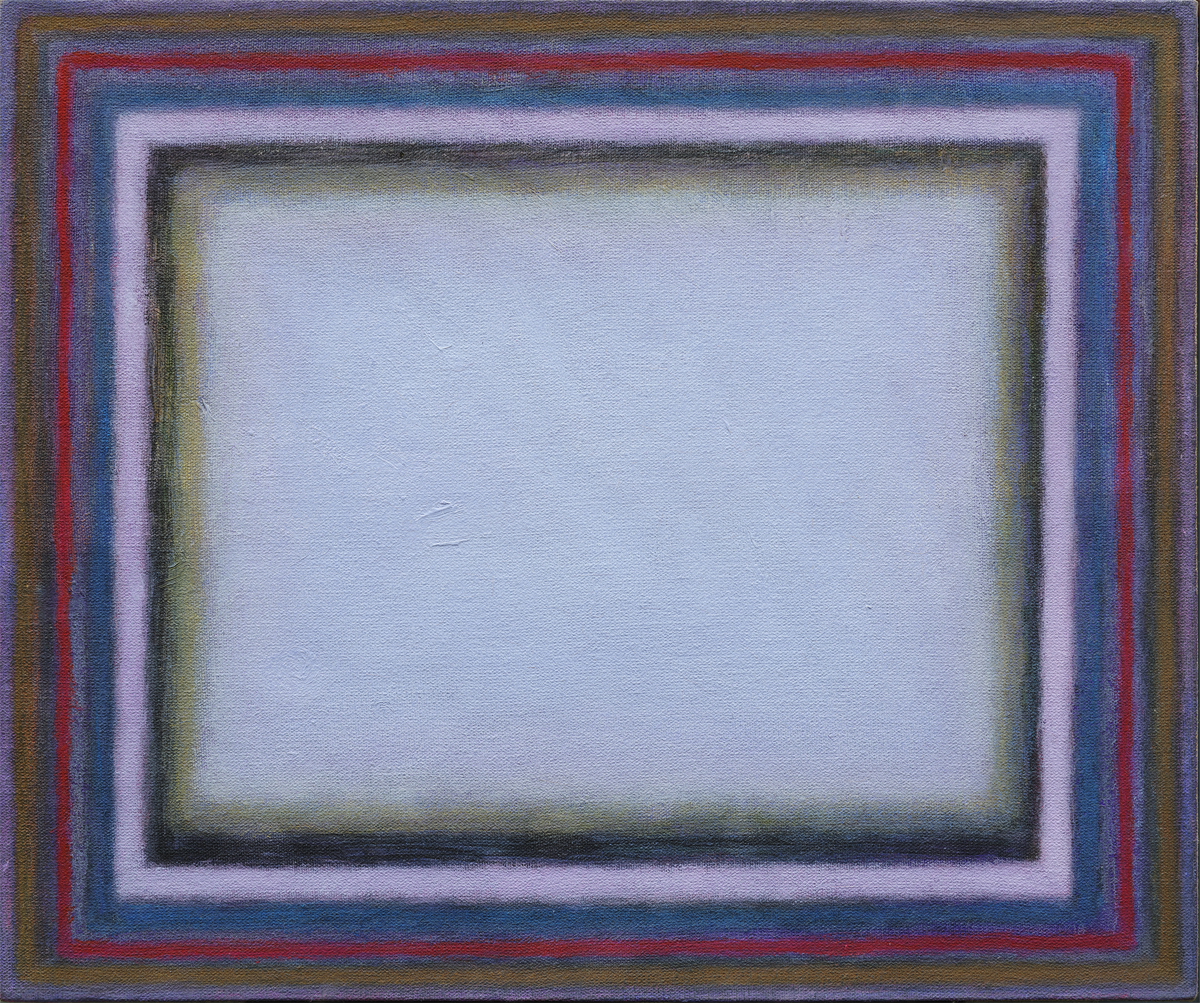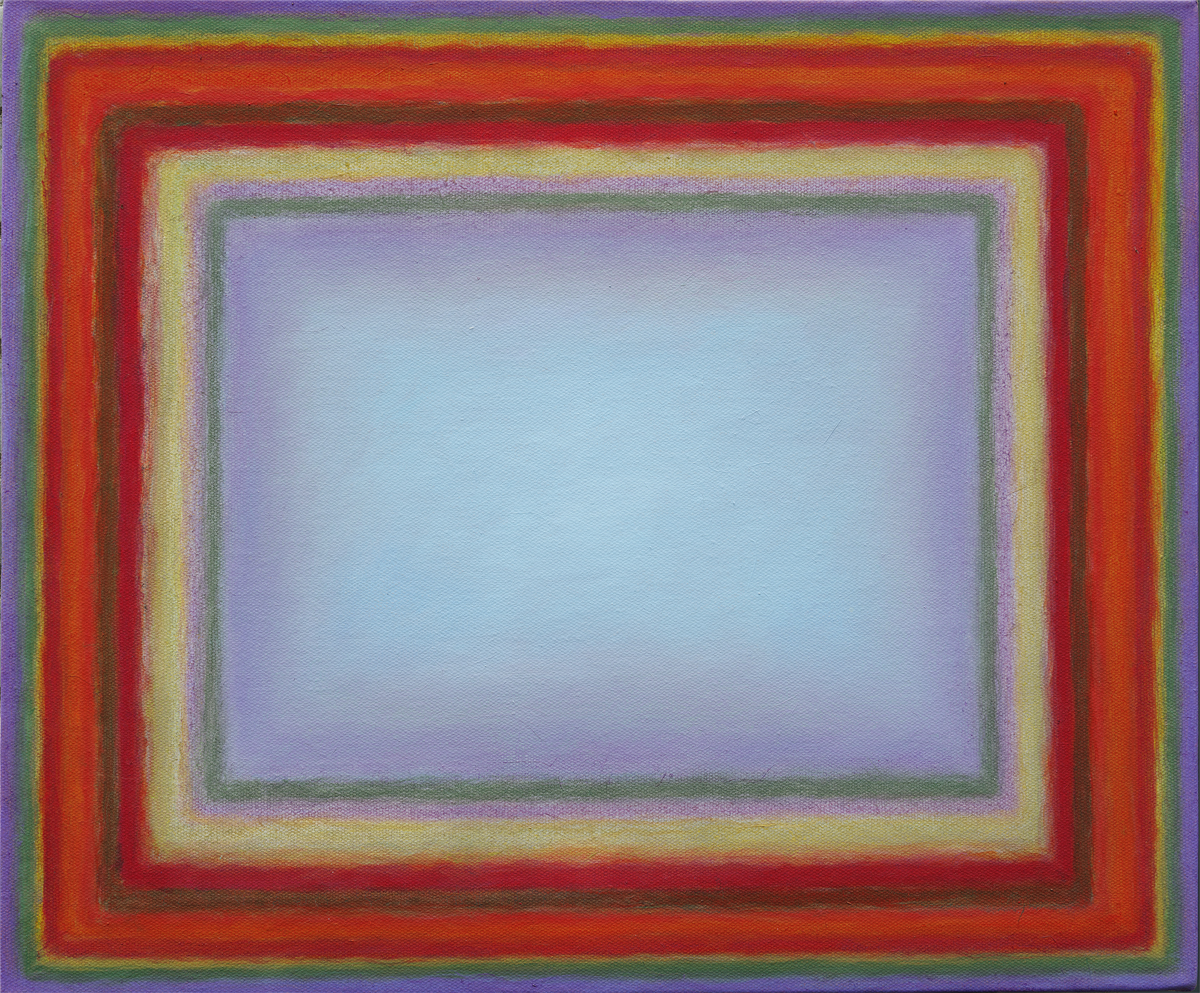To explore, to create. The origin of life. To clash with life, clash with the canvas — that's the fundamental question.
—From the diary of Wang Zhongjie, 15 April 2008.
王 忠杰, 画家
Wang Zhongjie, Artist
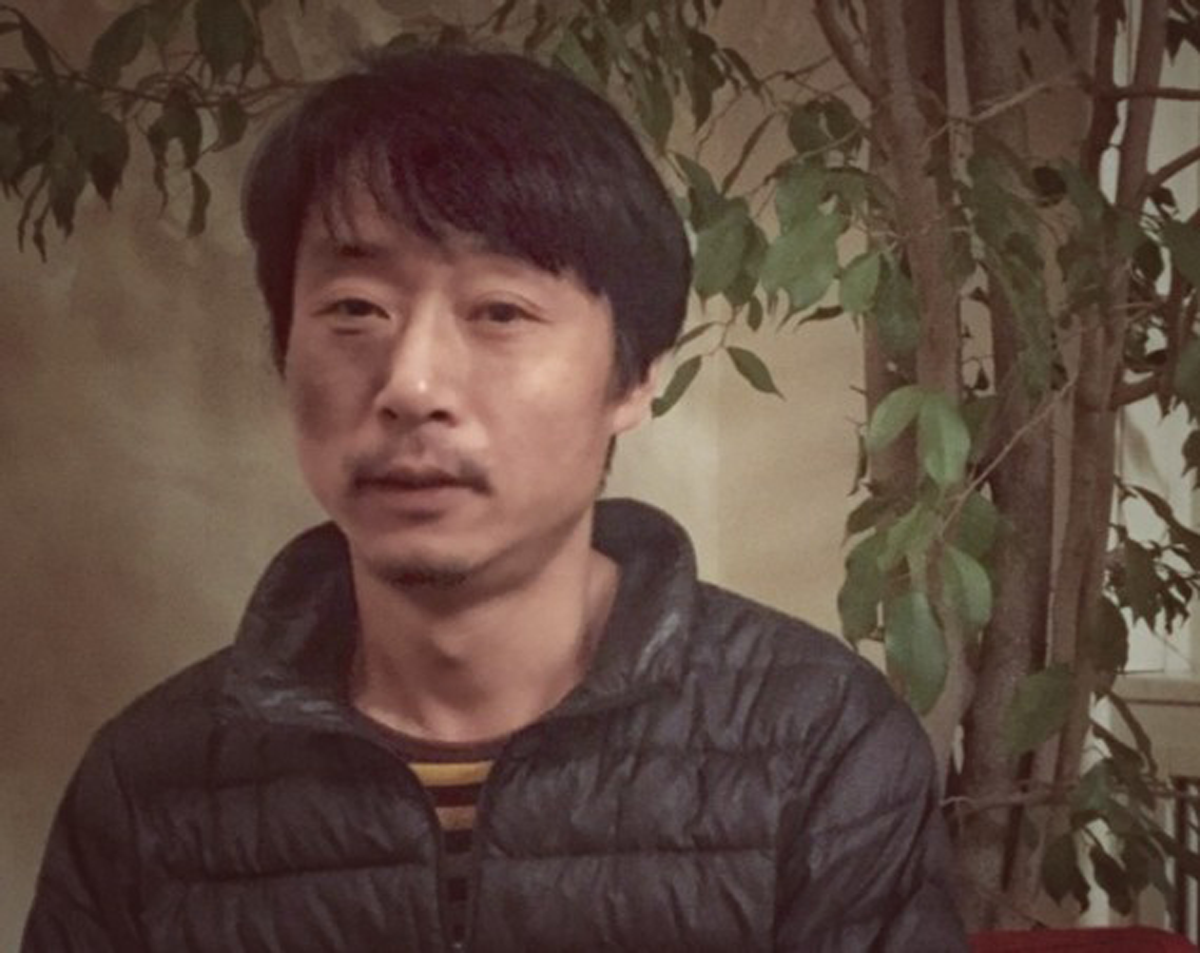
忠杰, 长大当个画匠 !
"Zhongjie, when you grow up, become a painter!"
These are the last words Wang Zhongjie's grandmother said to her grandson, and they have burnished a place in his mind ever since. His grandmother was illiterate and Zhongjie was but a little boy at the time. He already loved to draw, yet could never have imagined that this would be his life's mission. Her remark, uttered perhaps lightly but more likely with conviction, became fused to his memory of his grandmother and sparked in him the idea and determination to set off on a long, difficult, solitary road. That of painting.
The term his grandmother used, 画匠 (huajiang), was “crafts painter,” a humbler designation than 画家 (huajia), the word normally used in artistic circles for “painter.” Perhaps the old woman was not acquainted with the loftier term. Young Zhongjie never had the chance to ask her about it, but it remained clear in his mind, a spiritual will bequeathed by the woman who had taken care of him, performing the day's tasks in her own no-nonsense way. We'll never know.
I sense that in the future this will still be my work, for my whole life, even should other things come up: I feel that here lies a hidden joy, I don't know how to explain it.
Zhongjie wrote the above in his diary at the the outset of 2007. But in 2005 he'd already written:
Creation doesn't exist for me, all those rules regarding the surface of the canvas don't exist; I'm not one of those people “they” call painters. Painting isn't work, it's understanding what [your] means of discovery are.
I could say the same thing regarding what writing is for me. That's the reason for my feeling that Zhongjie and I are on the same wavelength, and it is why I now find it somewhat difficult to have to “discuss” him and his paintings. It's not a question of whether a more or less consummate artistry has been reached, but of wanting to reach deeper, unutterable, elusive realms of truth.
I've always doubted the power of words, especially when they're employed to describe or analyze such diverse visual languages as painting entails. What's the use of discussing something that not only relies on other expressive means and has its own channels of communication, but can also overcome linguistic and cultural barriers in a single bound?

Photograph © Cecilia Dougherty. All rights reserved.
Nonetheless, this is what I've been doing for several years now, despite being ridden (if not lacerated) by this doubt, always ready to do it all over again, thinking (deluding myself?) that I'm helping the reader/viewer to perceive the ineffability that lies in all fully accomplished works of art. It is perhaps a useless, or contradictory, action.
At times I sense a strong incommunicability between people; I see that each word, gesture, or act gives rise to misunderstandings. Then I meet someone with whom words are unnecessary: we immediately feel attuned to each other. It's a relief, a personal enrichment, a special grace. In such instances dialogue sheds its dialectic nature to confirm mutual feelings, intuitions, and opinions. Besides, is it possible to convince others of our own ideas if they're not already on our wavelength? I highly doubt it.
When I first set foot in Wang Zhongjie 's studio, I was almost breathless. I felt an energy that bespoke a truth and depth whose rareness always strikes me and fills me with joy. The rhythm of life resounded in his canvases. He stood nearby, barraging me with an outpour of words spoken in a barely intelligible dialect, but I nonetheless thought I understood everything.
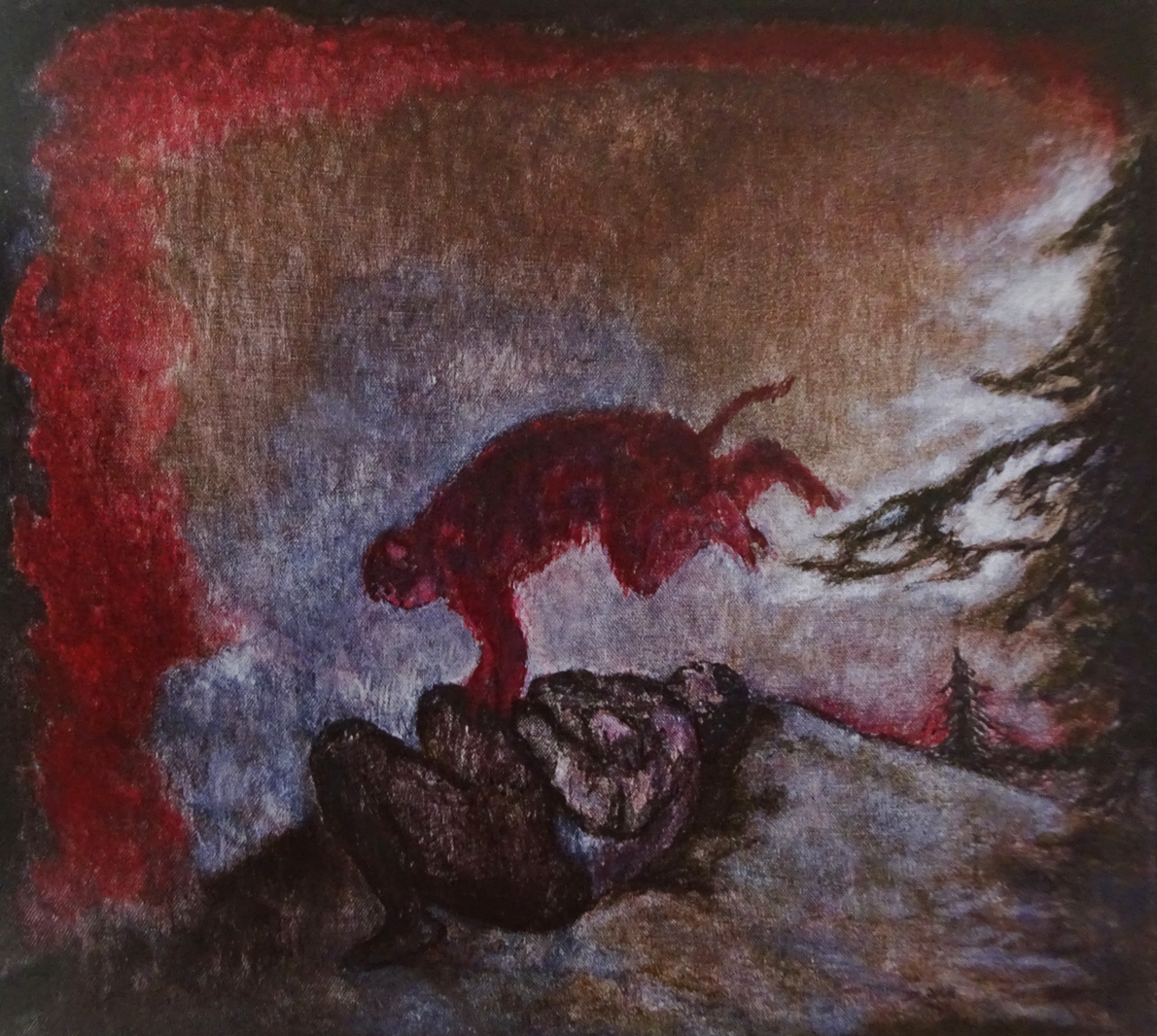
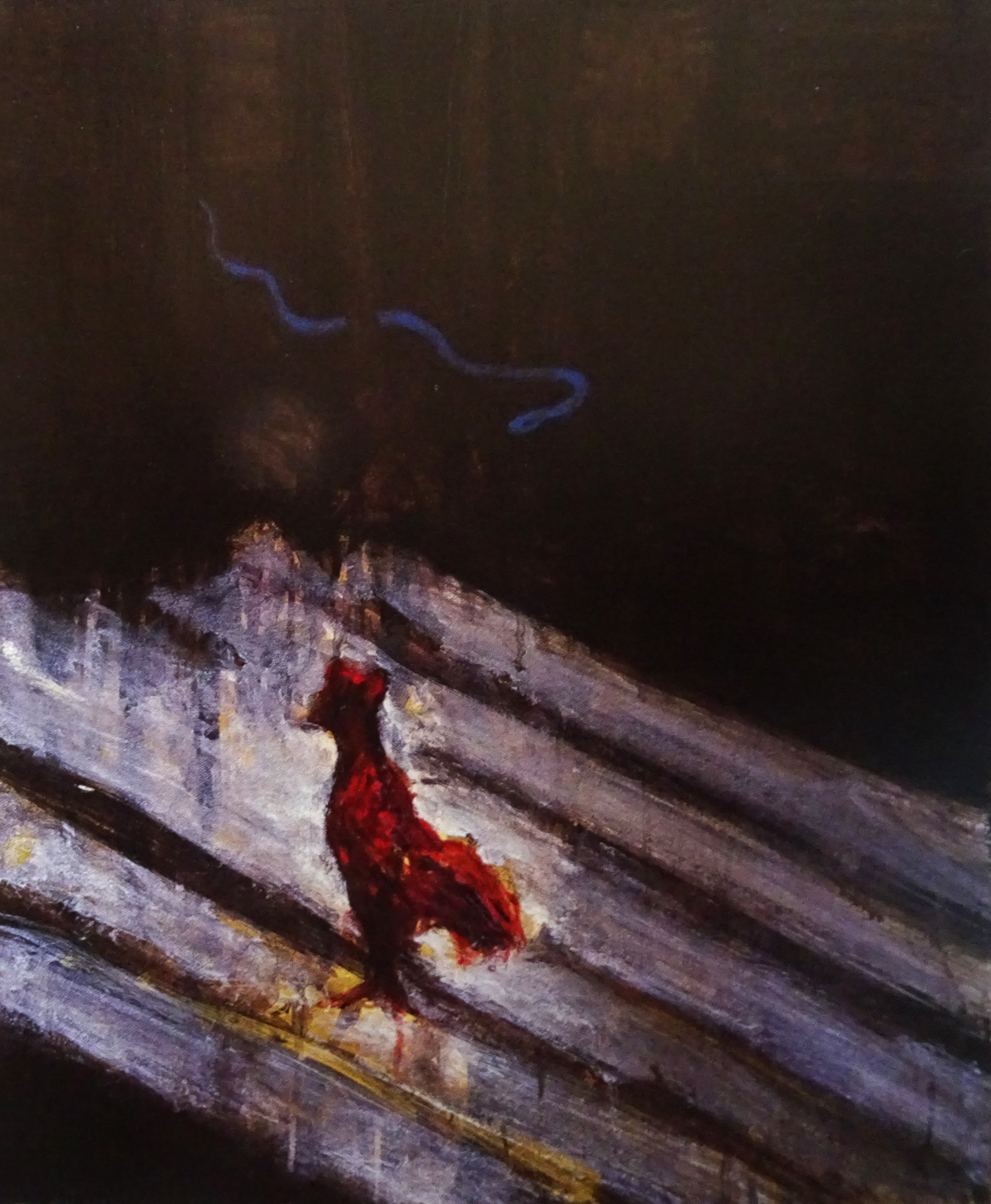
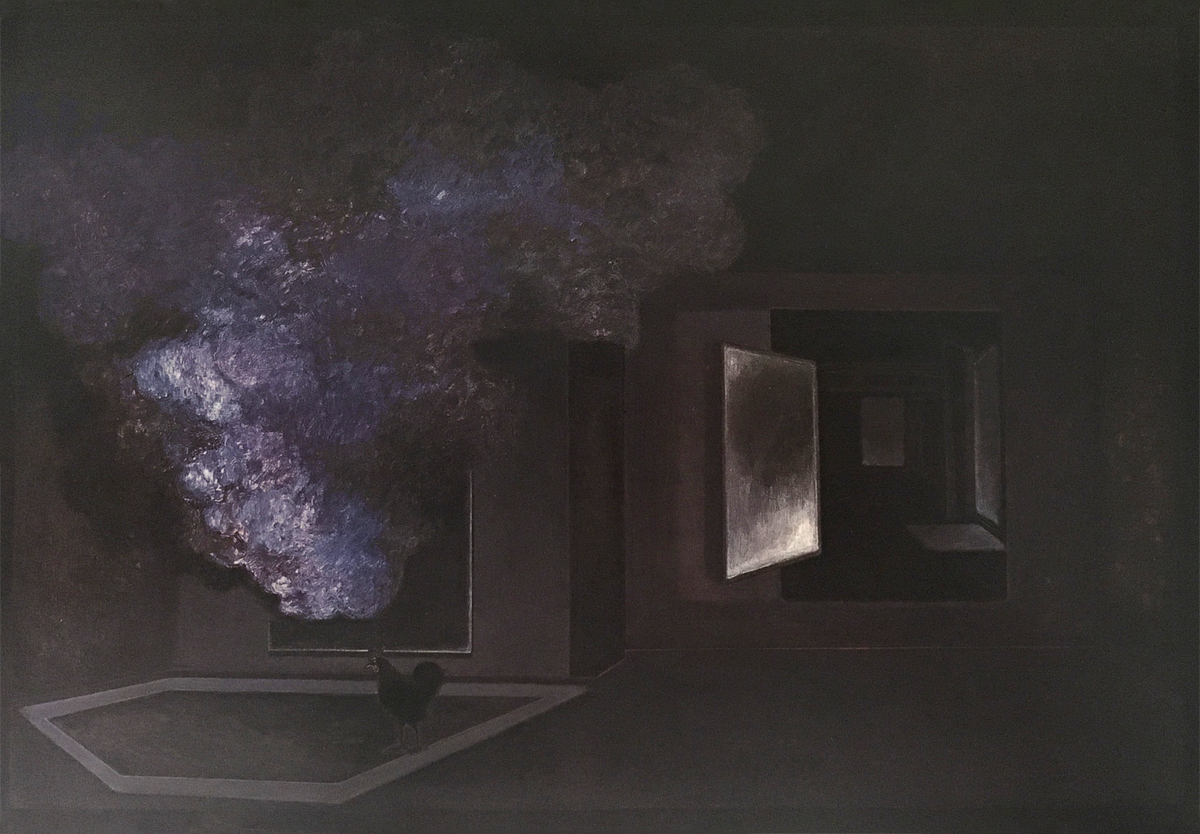
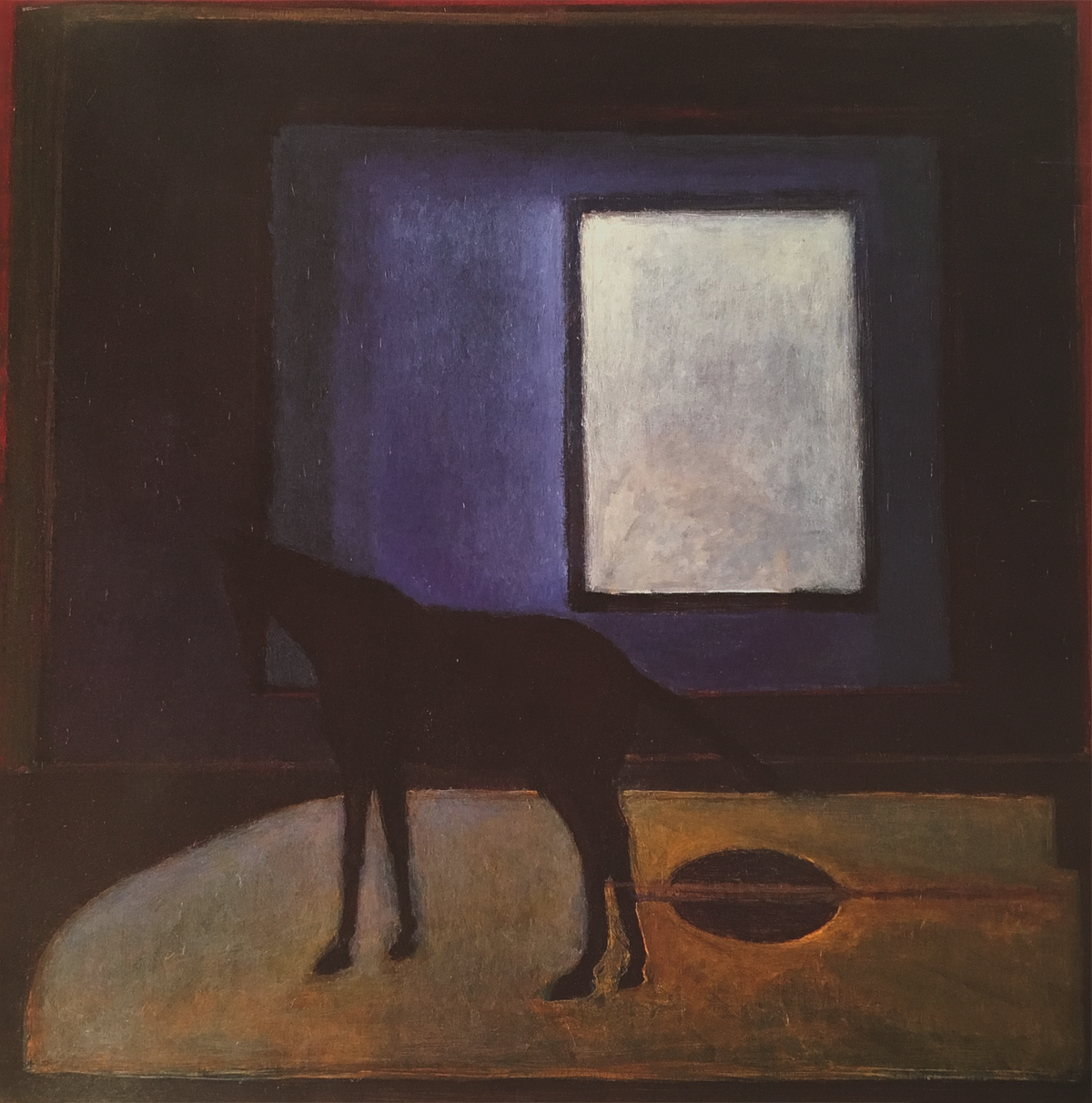
We never talked about color and composition, materials, or art theories. The word “art” is rarely mentioned in his diary, and rarely in his conversations. The communicative urgency that pervades him regards his very existence. Zhongjie urgently wishes to “understand” something about his reason for living so as not to waste other precious years of his life, and to convey this to his son, to spare him the many ineffective, futile posturings riddling the theater of our daily lives.
Perhaps Zhongjie doesn't know that time is never enough, that right when we're about to reach a “higher understanding,” someone or something clouds our minds or stops our hearts. Thus the human race is doomed to reiterate the same mistakes and illusions because that is what differentiates us and distances us from the gods.
As he gazes upon the universe on a starry night, a man senses someone behind him, who whispers: go buy a kilo of onions! This is the grotesque (or hilarious, depending on how it's viewed) and so inexorably true paradox I heard Zhongjie come up with to explain to a friend his rapport with life and its daily routines. How many times, just as we are trying to lift ourselves aloft, will someone within or without ourselves bring us back to so-called reality and keep us from surrendering ourselves to an inebriating, if perilous, flight?
It is that very reality, perhaps constituted by the collective mirror in which we are reflected (as Zhongjie writes in his diary), a revised version of the shadows in Plato's Cave, which is gradually usurping from us the room left for imagination, originality, and freedom.
Everything and everyone is funneled into a concrete mode of existence, in which one's feet are firmly planted on the ground and which "guarantees" a stable life, but leaves little breathing room. A mode that stifles those who wish to live their daily lives imbued perhaps with poetry or enthusiasm. Not through denial of reality, but through a kind of redemption that values life's small details in all their truth, instead of masking them and donning a mask ourselves so as to feel we are the same as, or better than, others.
Zhongjie claims he's a rational person ... without realizing that a visceral, unutterable, indescribable sensibility is what drives him in both his life and his paintings.
Writing is a bit like painting. Every once in a while we must distance ourselves from it, view it from afar, and resume our train of thought from a farther perspective. Wang Zhongjie isn't a painter, he's a man who's wholeheartedly seeking the reason for, and meaning of, his life, and he's doing so through what he knows how to do best: painting. Zhongjie did not study at an Academy of Fine Arts, did not take part in any of those activities or associations that those “within his field” normally take part in. He has no need to free himself of the stylistic formulas art institutes impart. His hand is free to act upon a canvas governed solely by his mind, which is (relatively speaking) original and unique, unhampered by excessive external influences.
Yet his rapport with the canvas isn't easy or immediate. It's as if, when faced with an untainted surface, he were face-to-face with the mystery of life itself. The search for an expressive “key,” which he often talks about, does not refer to technical or painterly questions, but to existential ones.
That's why each day, as he returns home from his studio, or before going to bed, he asks himself the question: How close have I come to [solving] that mystery? How much more have I learned about it?
These are difficult, serious, intense questions that he always keeps in mind, although he's able to shoo them off into some meander when he's in the company of others or a convivial group. Zhongjie is not a person with many interests or hobbies. He doesn't like sports, rarely travels, and, as if in a dreamlike state, he has few needs. He doesn't like distracting himself from the only aim that has always kept him on guard and vigilant for a quite long time now.
Through the years I've seen his work evolve from a painterly language that is quite complex and original, made up of singular, evocative colors, to compositions that are almost geometric, imbued with a metaphysical, dreamy atmosphere that is still inhabited by a few “terrestial” creatures (roosters, monkeys, human figures, horses ...), all part of a process that has gradually achieved a greater formal simplicity, up to his current works, in which the colors have been relegated to the outer reaches of the canvas, thus framing an empty space.
It is this very space [see second slideshow next column], perhaps because it appears empty, which constitutes an extremely rich monochromatic surface that is the fruit of several superimposed layers of color emanating an inner light of their own and rendering it strangely and magically luminous. I was left with the feeling that those images that were so crowded with the symbols that permeated his paintings a few years ago have been pared down, filtered, and reduced to pure color, to the juxtaposition of certain hues in those few centimeters that in later years have framed every painting.
It is as if life were slowly purifying itself from any aspect the author considers to be superfluous and from every inessential detail. I didn't find this development to be strange or surprising because I sensed that Zhongjie's quest went well beyond questions relating to “painterly” results.
In a 2005 diary entry, he wrote that the artist yearns for “something immutable, … to reveal the core” and, in order to do so, he's decided to divest himself of “descriptions of stories, circumstances, feelings ...” When friends nostalgically ask him to return to the complex works he once produced, he simply answers that he can’t do it any longer, that is it a style that has become alien to him and that no longer reflects his way of being and feeling.
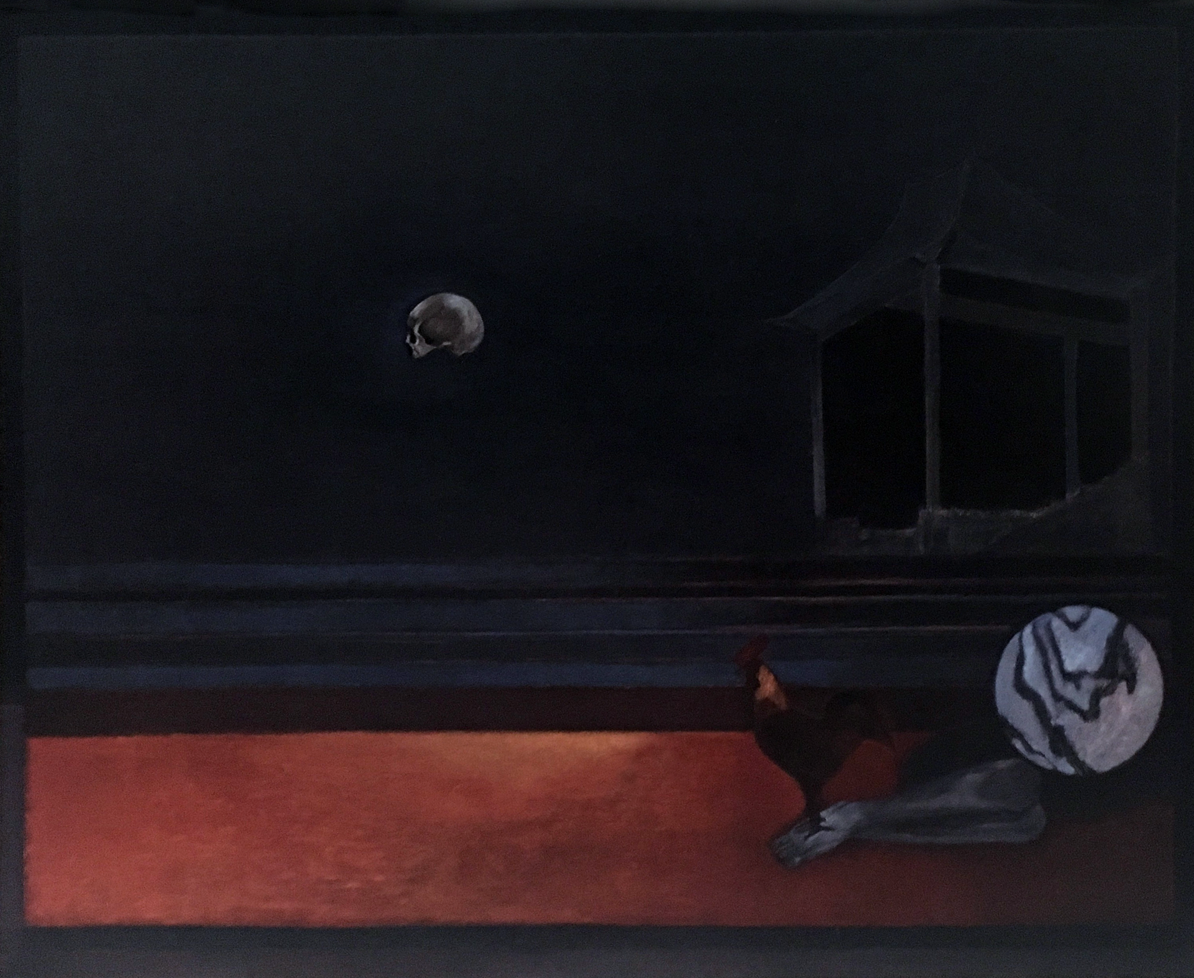
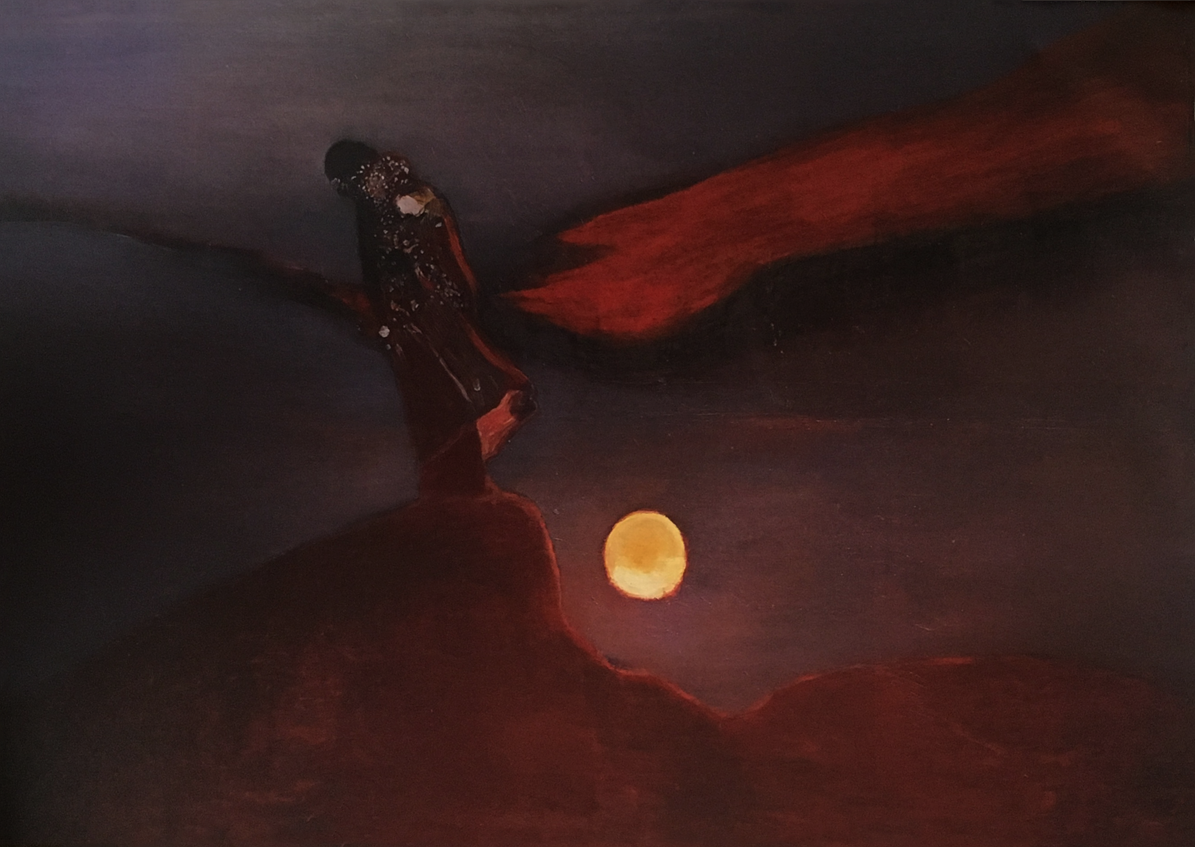
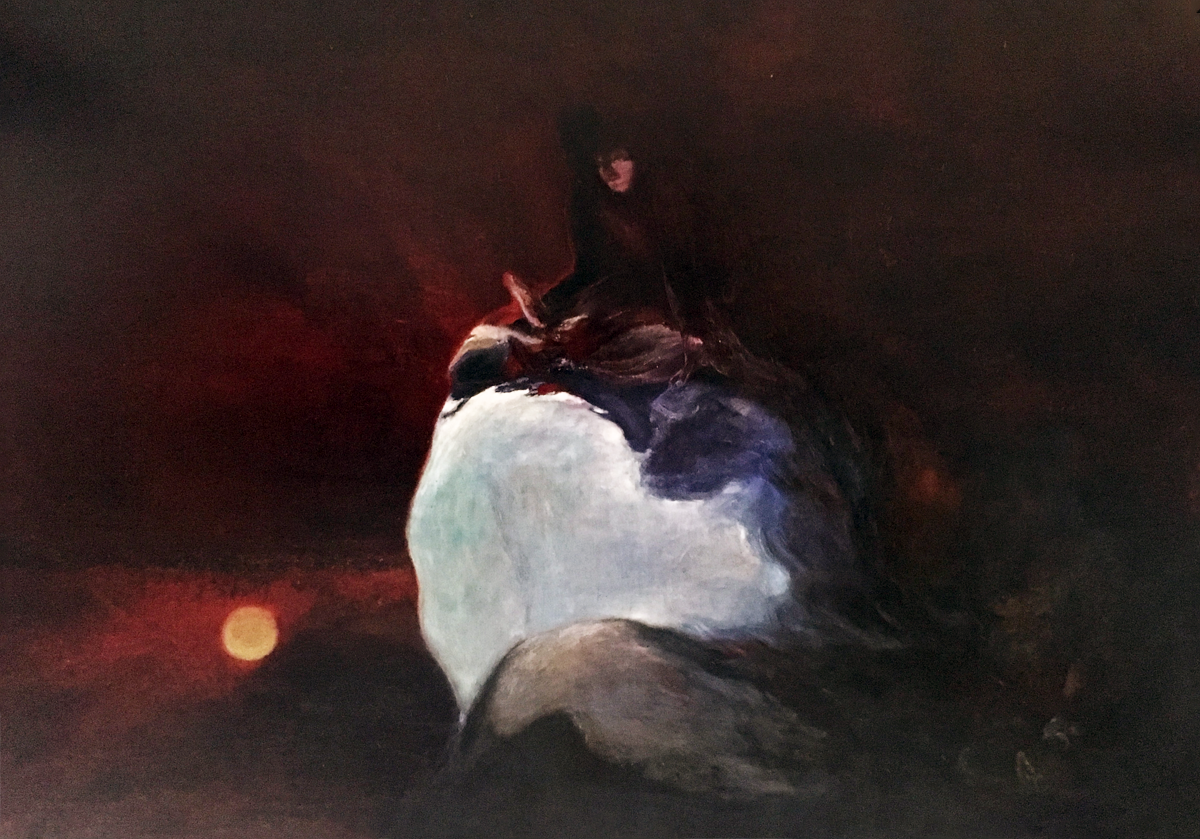
Zhongjie claims he's a rational person and that he expresses this trait in his works, without realizing that a visceral, unutterable, indescribable sensibility is what drives him in both his life and paintings. His canvases are thus not the fruit of any calculated stylistic or contentual effects, but are the strenuously reached, distilled expressions of his intuitions, the painstaking excretions of that sensitive and prolific visceral sensibility.
As I watched his work become increasingly abstract and move towards an ever more extreme simplicity, I couldn't help but remember the course artists such as Rothko or Ad Reinhardt took. I couldn't consider this without misgivings, given that the final decision both of them made was to take their own lives the moment they couldn't see what the next possible step might be. I've talked about this with Zhongjie, in an attempt to find out what his intentions might be in this regard. I've thought with some apprehension about his almost morbid curiosity concerning that twilight zone which he perceives as a special “space,” different from all the rest. I've also thought about his considering the moment of death as that in which life manifests itself.
His words reassured me (if not completely), although I must admit that for now I place a greater trust in the strong love of life he emanates. It’s probably more exact to say that love is for his fellow human beings, regardless of his considering them (and obviously not excluding himself) as made up largely of bestial elements — those half-man, half-wolf figures he painted a few years ago come to mind.
I think I can sense the true reason for the deep sadness Zhongjie feels whenever he hears of anyone's death, famous or otherwise: it stems from his imagining/fearing that they've been denied the chance to fully understand their life's meaning. I imagine he identifies with them and thus fears that he will in his turn be deprived of the time necessary to draw as close as possible to that invisible, frugal threshold that separates men from the gods or demigods.
Although Zhongjie almost never mentions Buddhist thought, I'm convinced he's aware of the fact that it considers each person to be a potential Buddha. This “enlightenment,” thanks to which we're granted access to another state [of being], is something Zhongjie ardently desires and attempts to earn through constant thought. Painting, rather than meditation, is the path he's chosen for his chance to reach this end.
He understands and engages in painting — art — not as an end in itself (on the contrary, he doesn't at all consider painting in these terms), but as a key to understanding the essence of existence. He has said, “If one renounces art, what remains is art itself.”
We cannot reach artistically expressive results worthy of the name without first becoming attuned to our own truth, or we would risk obtaining the same effects as focusing on our breathing without managing to control it, rendering it artificial and strained, unnatural and almost piteous. It's clear that Zhongjie includes art within the realm of the spirit rather than of matter, and in this sense all considerations not based on purely spiritual questions have no right to be applied.
I'm under the impression that when his grandmother pronounced her famously prophetic remark, she had understood that Zhongjie is a man for whom the images he's seen, imagined, or dreamed, are the bearers of profound meanings; they're prophecies, symbols, and the vehicles of knowledge. I'm under the impression that she, in her wise simplicity, had sensed that that boy she doted on so much was not made for delving into the practical daily routines entailed by a steady job and raising a family, and that she wished to suggest a way for him to validly fulfill his life.
It is perhaps precisely here that the answer (which is not definite, lasting, or absolute) lies to the questions that constellate Zhongjie's diary, to his restless, intent gaze. Meaning must be sought in each moment, word, look, and brushstroke in which one feels oneself to be “true” and “authentic.” That profound, yet elusive, indescribable, unrepeatable truth will be conveyed, even for just one moment, to those who are able to recognize it.
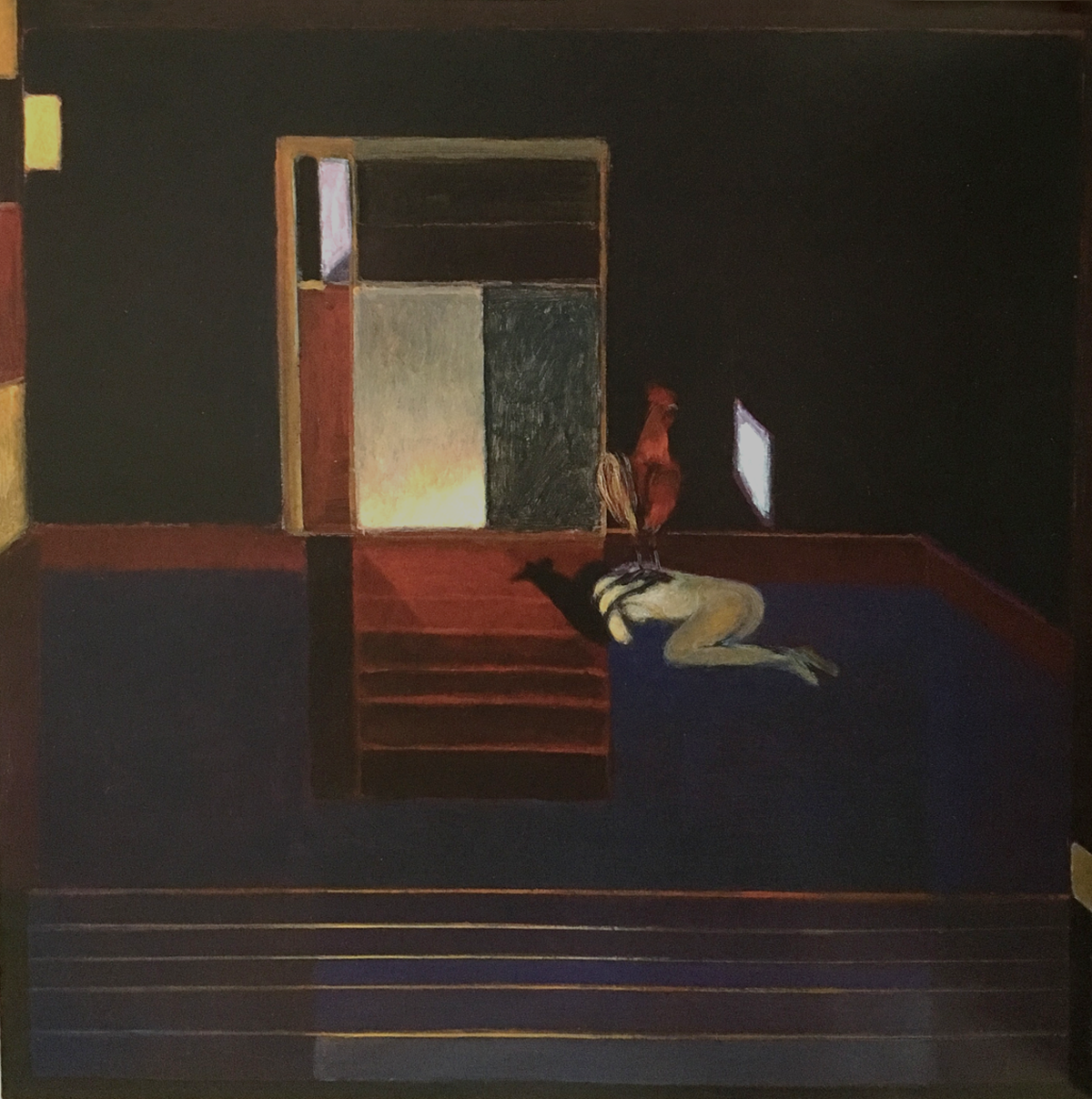
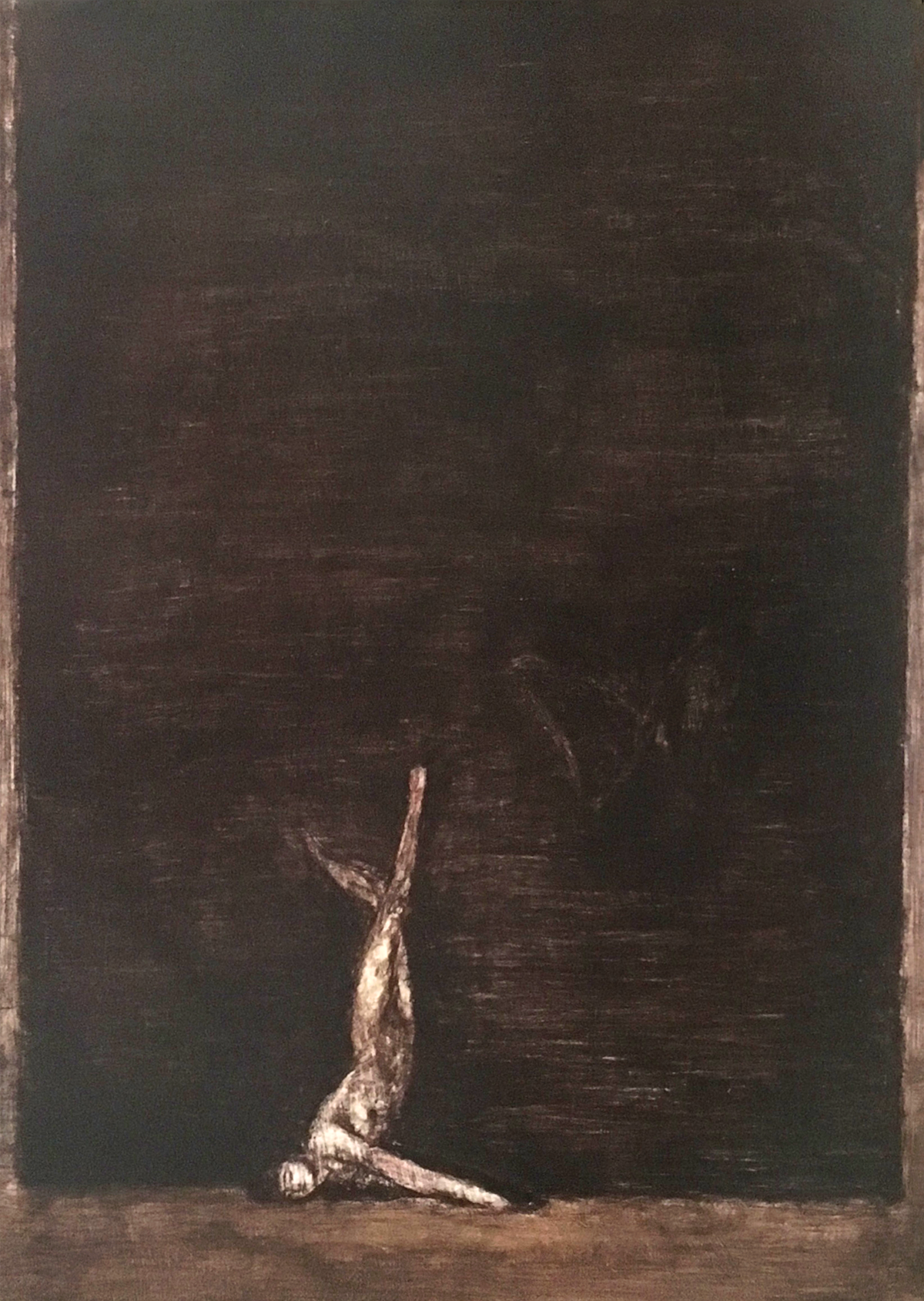
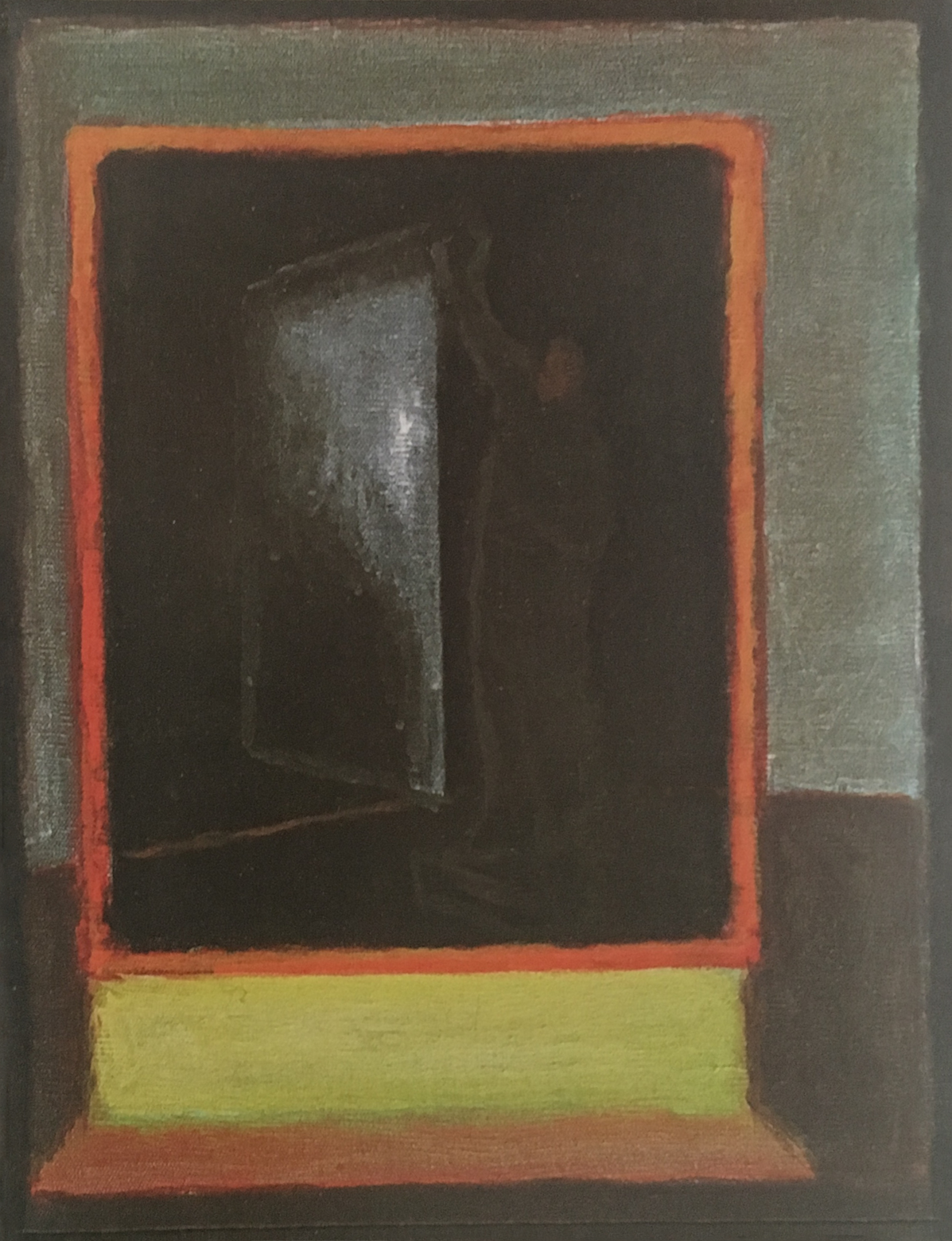
What is the significance of entering the day or slipping into night?
— From the diary, 4 February, 2006
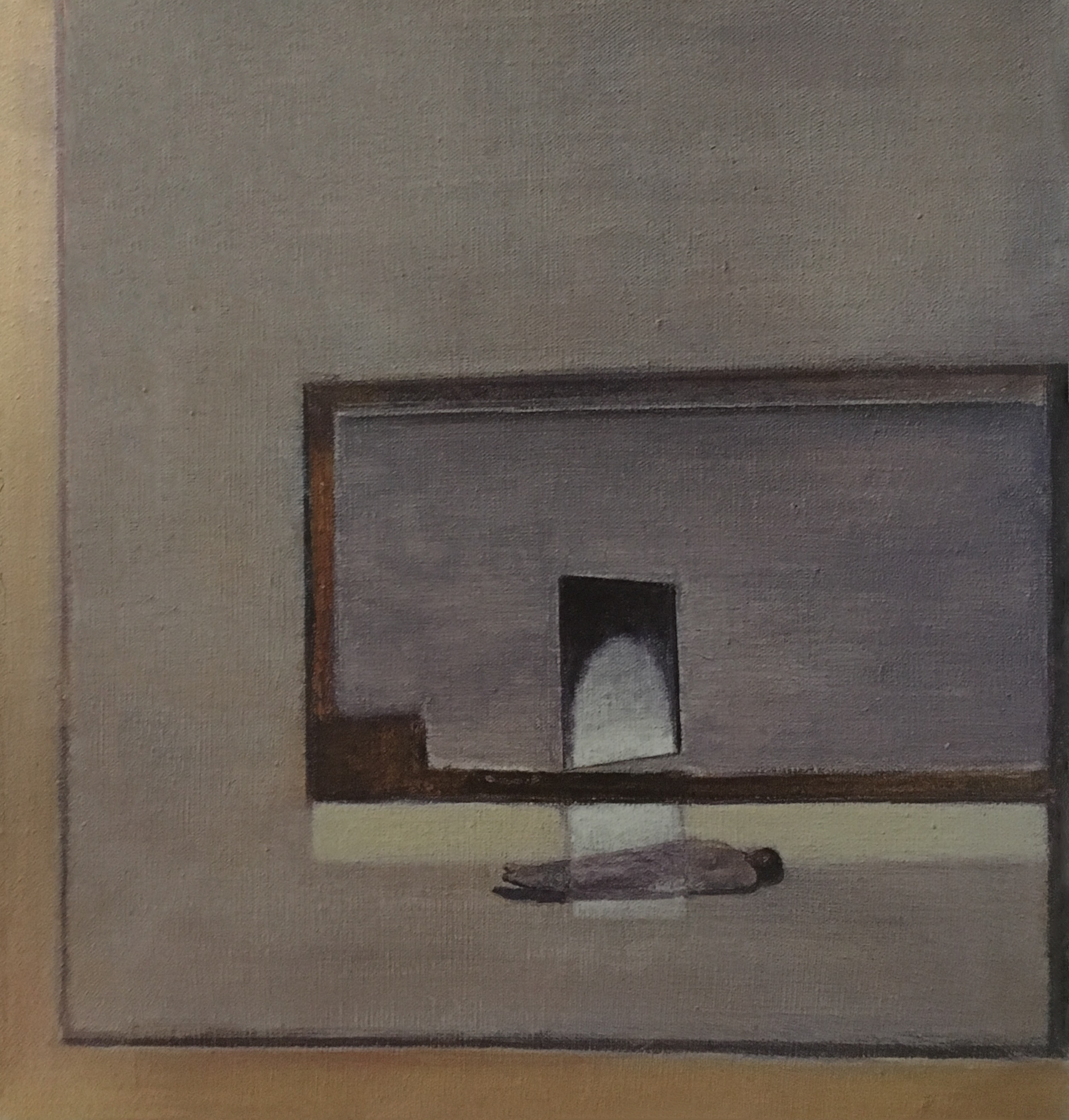
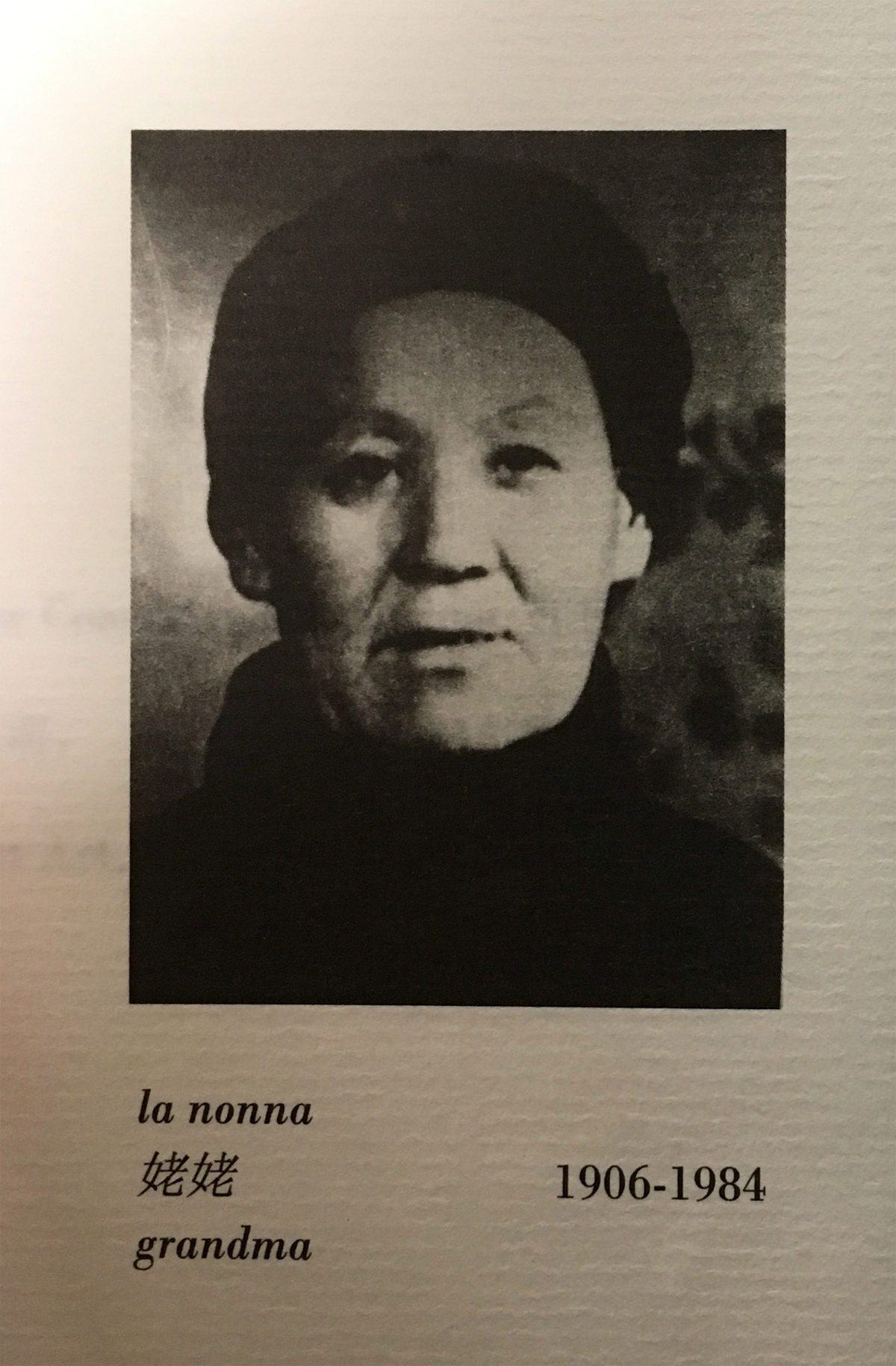
Excerpts From the Diary of Wang Zhongjie, 2004–2011
2004
25 September
It's pitch dark. A double door opens. I plunge my head amongst the trees and it's as if my body were immersed in music. I'll only make it if I delve deeper. Only if I feel deeply. The thing I care about most is meaning something as a person.
26 September
Following daylight's onset, certain things gradually alter so as to completely adapt to the light.
How can I manage if everything's not entirely clear to me? How can I go on? How should I behave?
It's a complex problem that certainly doesn't involve just a few aspects.
Ideas for various paintings keep popping into my head.
4 October
In the past I used to be a bit of a jerk, but this time perhaps I'll manage to head in a different direction, a better one.
Life moves us.
Life is an enigma, but it must be a luminous, beautiful one. In my work I strive towards perfection, or at least towards an illusion of beauty. But how are these to be reached?
Reality cruelly asks: “How is it possible? That [perfection] certainly doesn't exist.”
Gaps, cracks: you can't live without them. The gaps [engendered by] thought [itself], between perfection and reality.
2005
10 November
What is a painting in the end? Technique? Professional skill? For me it's an endless possibility, an inner journey, an exploratory process — it's a means of disintegration. I search for answers through the process of painting.
It's very difficult to give rise to a painting through a preconceived idea. I'd rather upturn the center (principle) so as to find a more fitting [expressive] medium.
My [guiding] principle is that of depicting a sincere inner life, of depicting the truth. Once I've attained this, I don't care about the rest.
I must put this into practice!
13 November
I sought out a calm, natural environment. Why? Is it because I want to develop the sense organs I need, or because I want to be able to fully transpose the forms I perceive into symbols? Or do I think I can derive all the meanings inherent in the human life I must face while not knowing what they are? I don't know. There's all this [to consider]. Which ones do I choose? There are so many numbers to combine, how can I do so adequately? Is my quest that of achieving a given result through the paintings of a certain period, or [am I open to] an unexpected result? The number is a nine, not a ten, so if there's a space there are also lots of possibilities. [In Chinese culture, the number nine indicates great, almost infinite, possibilities, which are much vaster than those entailed by the number ten, which is instead perceived as definite, closed. –M.D.]
I want to change something in my life so as to be able to paint, discover, and understand a part of life. I must go and see for myself; that's the only thing that will work. Painting has no aim, it's like going for a stroll while pondering things.
Creation doesn't exist for me, all those rules regarding the surface of the canvas don't exist; I'm not one of those people “they” call painters. Painting isn't work, it's understanding what [your] means of discovery are. The greatest source of fascination for me is seeing a landscape bathed in fog, and then watching the fog lift.
27 November
Moments of happiness are but instants within a lifespan, or like a chance smile.
28 November, early morning
I feel a great anguish and sadness because I seem to have lost my purpose. The main reason [for my anguish] is that I can't bear to see the difference between one person and another. I live in a human world, in a human society where everything's manmade. Yet I can't stop myself from seeking the “truth.” I've been ensnared by words such as “elevated.”
I've got a blanket for little Xiaoshu; it's very pretty. Yet I fear for his future, although I'm sure I'll make every effort to spare him [the unpleasantness I've experienced]. [Xiaoshu, literally Small Tree, the artist's son. –M.D.]
My father's very good to me; I still remember that time he prepared a white cabbage and tofu stew for me.
31 November
I must still dig deeper, get closer to that mystery! The man is there and so's the painting. It's not a question of finishing, but of drawing closer, of going [in the right direction].
28 December
Study, accumulate [experience], and take action! That's the only road I can take to get there. I don't have much time — don't have much time to waste in useless things or to hesitate: “I must gather my strength.”
A calm state of mind, that admits everything that comes from without, can have an impact on what I hold within me, can distinguish and separate things just because it is spontaneous.
2006
4 January
I must forget [society, or the things I did before]; there's just my work, there's no judgment, no good or bad, just my industrious and silent work – what's needed is a bomb, a force, an extraordinary energy. I believe in myself.
18 January
Painting isn't painting, it's not about describing things, it's reflecting and exploring.
Painting is the outcome of the union between thought and action, it's a collision course between one's strokes and the canvas, it's the thought behind this process — “the combination.” What am I seeking through this change? What am I expressing? What's my red thread?
Before mid-February I must reach a clear understanding of this, by painting and thinking.
20 January
My realm is increasingly limited, yet at the same I feel it's widening, my viewpoint is changing: it's a great change, there's no need to worry. The seed's strength is immense.
22 January
My heart is like a small boat riding the swells of a river; it serves no purpose, just senses the danger.
27 January
To look, listen, and wait.
I must find the best way to express myself fully.
3 February
Thought requires a constant effort.
Today I begin my work and the act of painting's primary purpose is seeking my authentic self. What do I need? And for what? What do I wish to attain? What should I paint? What should I express? I'm convinced that painting has a different meaning and purpose for each person. And for me? My innermost self is akin to a natural thing, or it is rather like the mystery of nature, which cannot be known.
4 February
What is a truly “pregnant” canvas? A deflagrating explosion from within to without.
What do people do every night? What do they really do in their innermost selves? In the moment when black night gives way to daylight, perhaps another door opens in human souls and the heart is transformed in that very moment.
What is the significance of entering the day or slipping into night? What kind of spell is cast?
If I'm asked to remember the feelings I had when I painted a certain painting, I don't know where to begin because I feel as if I had no mind.
—19 August 2011
2008
25 March
What one wishes to express exists in its whole state, not in the details. It's not the external [details] that communicate [something]. What does the whole canvas express in its dim recesses?
The power of silence — inner silence.
28 March
What is painting? A hidden, different force: it's like spring advancing little by little. Through hard work you obtain results; painting as self-expression.
29 March
I still don't see things clearly, I absolutely must see them clearly. I must try to grow, accumulate experience, expand my horizons. “Increase the depth.”
It's not a question of explaining things, there's nothing concrete; it's a force that comes out of the blackest darkness, a deep inner energy that has been compressed. To build and to destroy.
2 April
Am utterly determined to pursue my ends.
4 April
I'm still not painting with enough awareness! I can't be anxious to know what painting means; I'm still stuck in a superficial stage, in a layer of appearances.
6 April, clear weather
Way of life
7 April
The universe's obscure matter, a mysterious force. Nothing is impossible. A mode of existence, this realm is an obscure matter in itself.
9 April
External visual perceptions don't matter, rather one's inner sensations do; it's not a question of conveying a visual perception, but something that comes from within.
13 April
A fixed point, a beginning
I must find a fixed point, a point that is the most suitable one. This is definitely not about telling a story, or conceiving a plot, rather it's about the underlying energy. It's the problem of knowing both life and painting. I'm way too anxious!
15 April
To explore, to create. The origin of life. To clash with life, clash with the canvas — that's the fundamental question.
16 April
The details, the whole, the train of thought — aren't they all within the painting?
18 April
The boundary between reality and inner, obscure, latent non-reality. To let go of the external trappings, which are clearly false and devoid of energy.
28 April
I'm starting to like this thing about knowing and understanding life. Knowing and understanding painting. Painting is a process of deep reflection and understanding. What do I want to express?
6 May
It's still not clear to me, but I know that painting is a kind of awareness.
7 May
I must do away with the temptation to “paint paws on a snake,” the human figure is not the right subject for me, instead [I wish to express] my perceptions. “The sunset,” “the fight” — I must change viewpoints, change my way of knowing things, fully understand my train of thought and the aim will become clear.
Hidden things. To keep the hidden things, eliminate the false ones; it's absolutely necessary for me to know what I'm doing, where I'm going. I must go towards that which is inside and do away with that which is outside.
12 May
A preexisting circumstance, historic and cultural premises. The rebirth of life from decomposition, death, darkness, ashes.
15 May
I mustn't branch out too much, it's enough for me to see how confused I used to be.
18 May
One space closes and another opens.
30 May
Rebirth, interaction; the issue isn't painting, it's thinking.
What's mine? What's not mine? The spirit, the soul, the innermost recesses [these belong to me].
The paintings I once painted [2003, 2004] seem to me like a child's scrawls, they're imbued with inspiration and some reflection, but they're nonetheless painted by a child — I didn't plumb the depths. I must accumulate experience.
1 June, Children's Day
What do I really want to think about? An inner, eternal feeling: on the canvas everything is internal and eternal, and it remains so even if one considers it as an individual object, but what if we [consider it] with reference to a person? What's the medium that manages to correctly express emotions? What is meant by emptiness and fullness?
11 June
I'd like to pay attention to everything, to those things that have nothing to do with what I normally work on. I absolutely must attend to a series of things I don't normally notice, for example how to concretely handle the canvas with respect to its formal [aspects].
19 June
[I've been thinking about] form and content, and the difference between small and large paintings. What is to be achieved by the end of the year? A base for the imagination, its foundations. To calmly move forward, step by step. Having reached 300 days of experience, what do I wish to resolve? The images depicted in the paintings that stand before me? To delve deeper and deeper, always to delve deeper; it's depth I want. Depth is the aim, the result.
8 July
To return to the point of origin. Between day and night, the change occurs in one moment and this moment allows us to see ... I want to go back to what originated my thoughts.
16 August
The sun setting, little by little ... twilight is a special space; it's not time, but it's space. It's a definite form, with a definite structure, different from day or night.
Images – matter. Painting – spirit. The origin of the world, its formation; twilight is the shadow of day and night, while life is the shadow of death.
What I'm finally looking for is a new system of knowledge.
31 August
I'd like the hidden forms to become explicit, I'd like to [know] what results from the enigma constituted by the union of color and form. A hallucination generated by the illusion arising between the two.
Illusion and clarity, the space between the two; it's an illusion, a mystery, it's a kind of preexisting “deep level of perception;” twilight is a shadow pressed between day and night.
2009
12 October
Time, space
In the meeting between one essence and another, what is born?
Form, form and color. [I ask myself what they are.] [True form perhaps has no form, pure color perhaps has no color.]
It's not a question of painting, but of thinking about and evaluating things, and facing oneself.
2 November
I must free myself from seeking beauty, I must look for something else, an unknown essence, I must reject that which is fake.
A lucid mind — a clear direction — to experiment courageously.
Reality contrasted with a different reality, the shock of the clash, if one already knows that reality is an illusion, then what's real?
29 November
Plagued by the plight of not knowing anything, one can only follow one's intuition, which is like a light. Save for what I feel, I must do everything possible to forget what I already know. Let us go into the darkest dark, let us go “feel.”
I don't even know whether I exist.
The reality one already knows [is different from] truth that is felt.
14 December
There's no nationality, no region, no race, only living people.
[Not even] those who seek the truth can escape the passage of time and the onset of death.
30 December
Maybe I'm thinking a lot — too much — about words. [Instead, I should be developing] my ability to feel and sense things. I've only just begun, I can't allow myself to be overtaken by anxiety. I must dive in and give myself over to “feeling,” again and again.
Today's canvases could in some respects become a constraint or a model in the future — a standard. I must destroy this dependency! Each moment, each instant, is new. How is energy to be amassed? How is it to be released? The past is always the past, only the present moment exists.
2010
8 January
I don't want any symbols.
12 January
Where do I wish to go? What do I finally want to achieve?
The inner realm that we're able to glimpse is limited.
The inner realm has no form, no limits.
A formless inner world — and so I want to feel it, thoroughly experience it!
17 January
Art is a dreamy prophesy, it is the prophesy of intuition, of perception.
Philosophy is a prophesy of the real as seen with open eyes; [it is a prophesy of] the awakened conscience.
27 January
I've reduced form, color, feeling, narration, setting, symbols; I've done away with models, revealed the “core”: what remains or what appears? [To forget art, that's art.] I'd truly been trapped by the word “art.”
8 April
World that has a form
World without a form
Outer world
Inner world
24 May
A “human being” [the true one, the original one, the complete one, the one I'm tending towards] should be the ultimate evolution of this animal that we are; we're halfway between a human being and a beast, we possess but the outer form of a human being.
“Art” aims towards a sublimation of life and towards an in-depth search for some means of spiritual elevation.
Life is an unknowable mystery.
13 October
The first dream has ended. [It included] human beings, society, [life's] purpose, the essence... etc. It's all ended.
I'm about to enter the second dream: I don't know what it'll be like, I really don't know what I'll express.
25 December
The reason for not being able to “give birth” is not having the patience to experience one's gestation. [From Nietzsche. –M.D.]
To free myself, discover my true self. What am I? What do I want? I'm interested only in the things that I feel are true, while eliminating all futile, false ones. “Give me your heart and I'll strengthen it.” [Reference to a parable regarding Bodhidharma in China, according to which a disciple asks his teacher to strengthen his heart, only to discover that he doesn't know what the heart is. –M.D.]
Do we already know truth? We see what we think we see — truth — but is it true?
Truth. Reality. Daily life. Motherland. Race. Love. Children ... These are all the things we see clearly, they're solid — Is that all? ... and those not in the light? Those we don't see? We're too limited.
O-pen up. [In the Chinese text the term “open,” formed by two characters, is divided into two parts. The first, kai 开, which on its own is used after a verb to indicate separation; and the second, kuo 阔, means ample, vast. Splitting the adjective “open” into two parts, as done in this translation, does not achieve the same effect that it does in Chinese. –M.D.]
27 December
[W]hat is truth? Is it something objective, or is it the search for something one thinks is so? I lean more towards the latter: because of too many “so-called meanings” I ended up suspended in a vacuum, but in the second half of this year I slowly understood something, and if I thought I were to die soon, without having truly lived, how would I feel? I realize that my “original self” has leapt forth, [freed from] too many opinions, too many meanings — like when the fog clears: what's left? Truth, more or less.
Truth — that's what remains after all preconceptions are abandoned. Pain is true, death, parting, all are true, happiness is true.
Truth — it's the original thing to which too many superfluities have been added. There's no language that can express or replace it.
An absurd idea with respect to the future — an imagination ... that knows nothing.
I am for my “self” — my true self (apart from my imagined self) like someone waking up from sleep.
What's left when we face death? — perhaps truth itself.
After having done away with all preconceptions, I feel truer.
To truly breathe, truly see, truly feel: food, clothing, objects, instruments. In the desert there's a man alone, surrounded by nothing, starved and thirsty, who could die at any moment: the bread he sees is not bread, the meat he sees is not meat, urine is not urine [these are only the names of things].
“Everyone's drunk” — drunk on opinions, on preconceived notions.
Drunk on music, drunk on art.
Drunk on art, but what's art? It's feeling — feeling is feeling, true feeling — not bread or food.
To make a comparison — truth can't be compared — feeling is something else entirely, it has nothing to do with pleasure, or with good or evil.
2011
4 January
The emergence of something original. Experience, precision. No formula exists and there's no need to seek one in order to experience the essence of things. The original soul is not merely a simple form, it's a kind of feeling, a reliable feeling. It's more elevated than anything else. There's no “having to be” in a certain way.
A trace of the spirit — a trace. Everyone perceives what they're able to perceive.
17 January
To paint — is to feel.
[I must be] vital, precise. One can't [completely] immerse oneself in art [since the true essence is man, not art]. In any case, one can't consider it overly important, otherwise one can't relax or be free — one becomes tense.
11 February
Living one's daily life is a very quick process.
The search for the truth and the spirit is a slow process of fermentation.
The prune flowers that bloom during the first lunar month, in secret and motionless, do not put on any airs. It's spring. Flowers are in bloom.
21 February
To face the spirit [or conscience, as if it were a presence standing before me]. I've finally arrived at the foot of [my] mountain. “When you have yet to see the flowers, they, just as you, don't exist.” [Taken from a few of the artist's beloved verses by the poet Wang Yangming (Ming Dynasty). The rest are: “But when you see them, their color appears little by little, and you understand that the flowers are in your heart, they are your heart. –M.D.]
It's the first time in the last four years that I realize [I'm at the foot of my mountain].
What I'm looking for in life is the prerequisite of art, but if I were to look for art for art's sake, I'd realize that the fountainhead of art lies in life's quest.
One must combine knowledge with action. It's a primary, ancient, “essential” relationship. The artist does not express, he's a decipherer; a good artist possesses profound knowledge.
5 March
There are thousands of realms, yet almost everyone believes in just one of them. The realm of reality — but there are many of these: great numbers of people mutually mirror each other and, all of them together, constitute the realm of reality. If there were not this mutual mirroring, it would be as if the mirror did not exist and no one would know who they are or what they're like — existence lies in this mutual mirroring of each other — like an upturned reflection in the water.
I can no longer paint the stories [that I painted in the past], I can no longer find my existence within them.
10 March
Thought and feeling. Reason always wants to try to analyze what is felt so as to seek the meaning of thought. But doing this kills the feeling itself.
19 August (upon request)
If I'm asked to remember the feelings I had when I painted a certain painting, I don't know where to begin because I feel as if I had no mind. It's a difficult question.
The moment in which the sun sets, or there's a passage from one state to another, is an enigmatic, fruitful moment in which certain qualities may alter. To enter the realm of twilight is to enter the world of mystery; I'd like to know how it/”they” are in such moments [I don't know who “they” are, but I know they exist.]. Twilight is the shadow between the day and night. [Many of the paintings I painted between 2007 and 2008 attempt to express this feeling.]
I don't know when it started, but, little by little, I took my leave of “reality” [perhaps beginning in 2008] and I felt the force of my existence. “But where am I? Do I exist?”
[Note: Mr. Xing Peijun, director of the Mo Art Space in Zhengzhou, recently sent me the images in the next slideshow of Wang Zhongjie's newer works, 2014–2016. Monica Dematté assures me they must be seen in person to be fully appreciated and I am sure she is right, but the images still capture the artist's exploration of depth and meaning in color. —Frances Stevens]
References & Works Cited
Monica Dematté, 乌云 天空: 王忠杰绘画, Nuvole nere Cielo assurro, Dark Clouds Blue Sky: The Paintings of Wang Zhongjie (Zhengzhou, P.R. China: New Coast Art, 2012).
Conversations and emails, Frances D. Stevens with Monica Dematté, 2014–2017.
Comments? Please send your responses
on the site's Contact page.Thank you!
